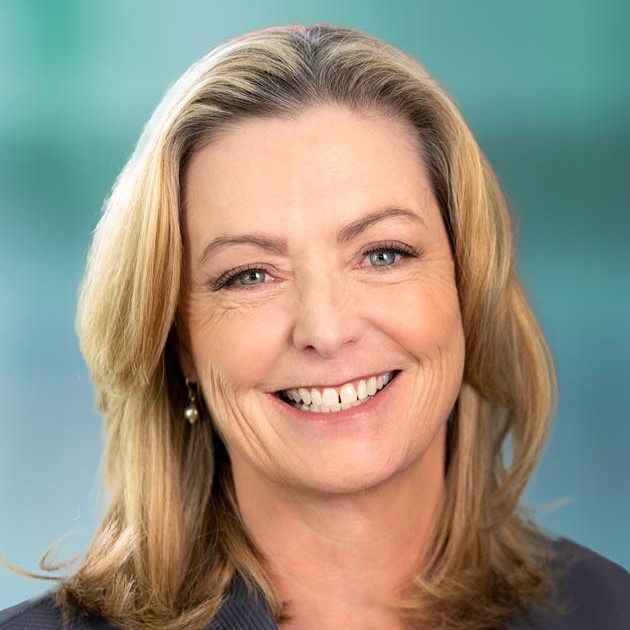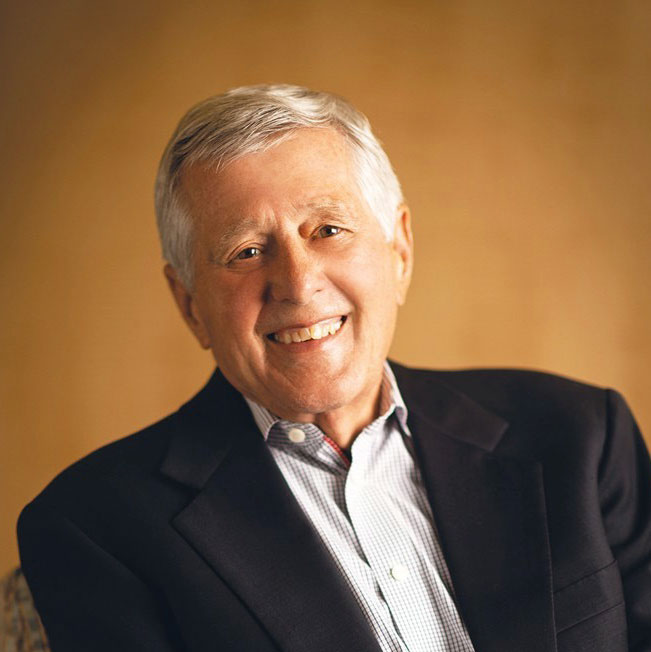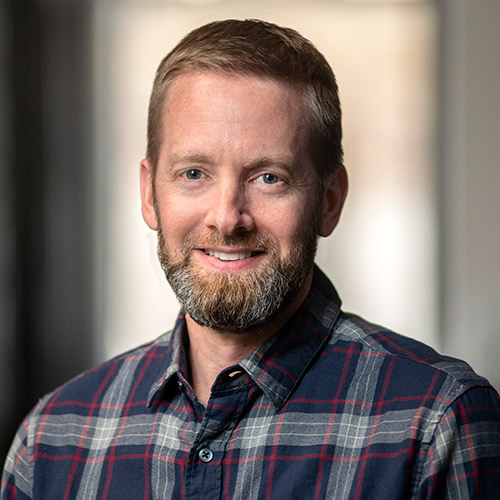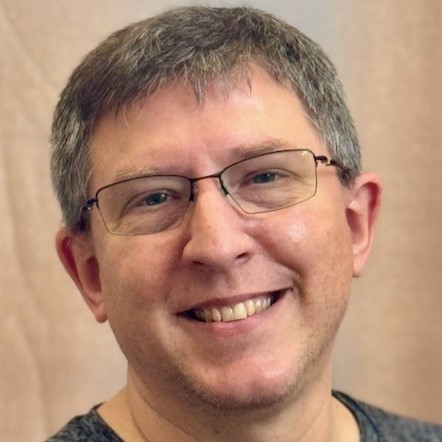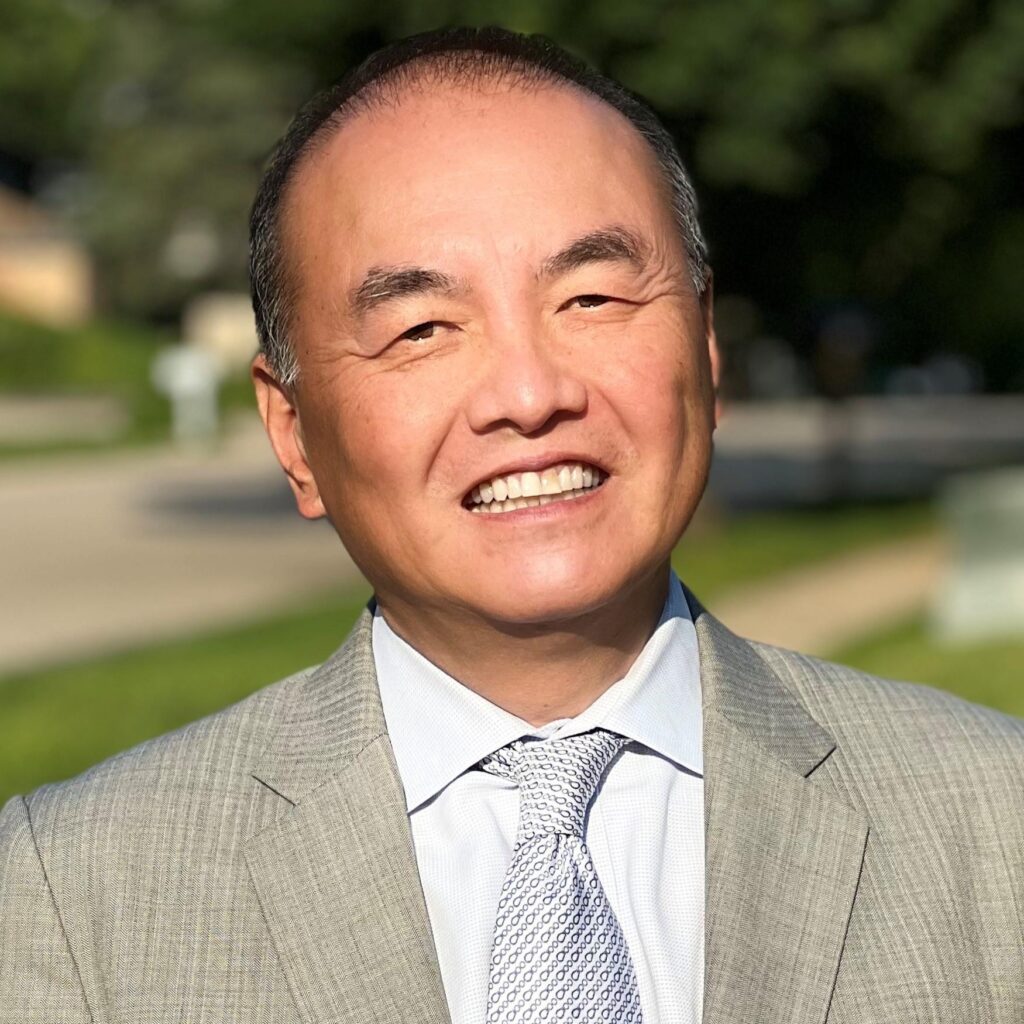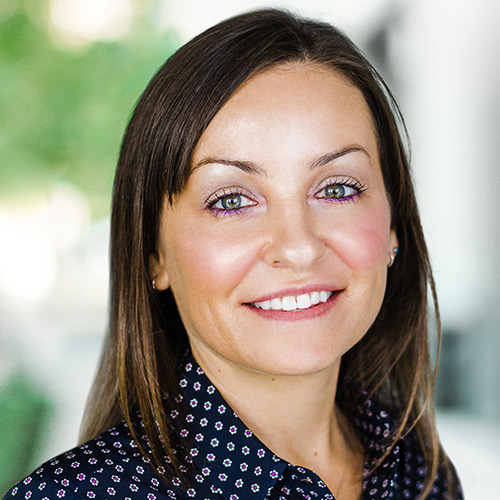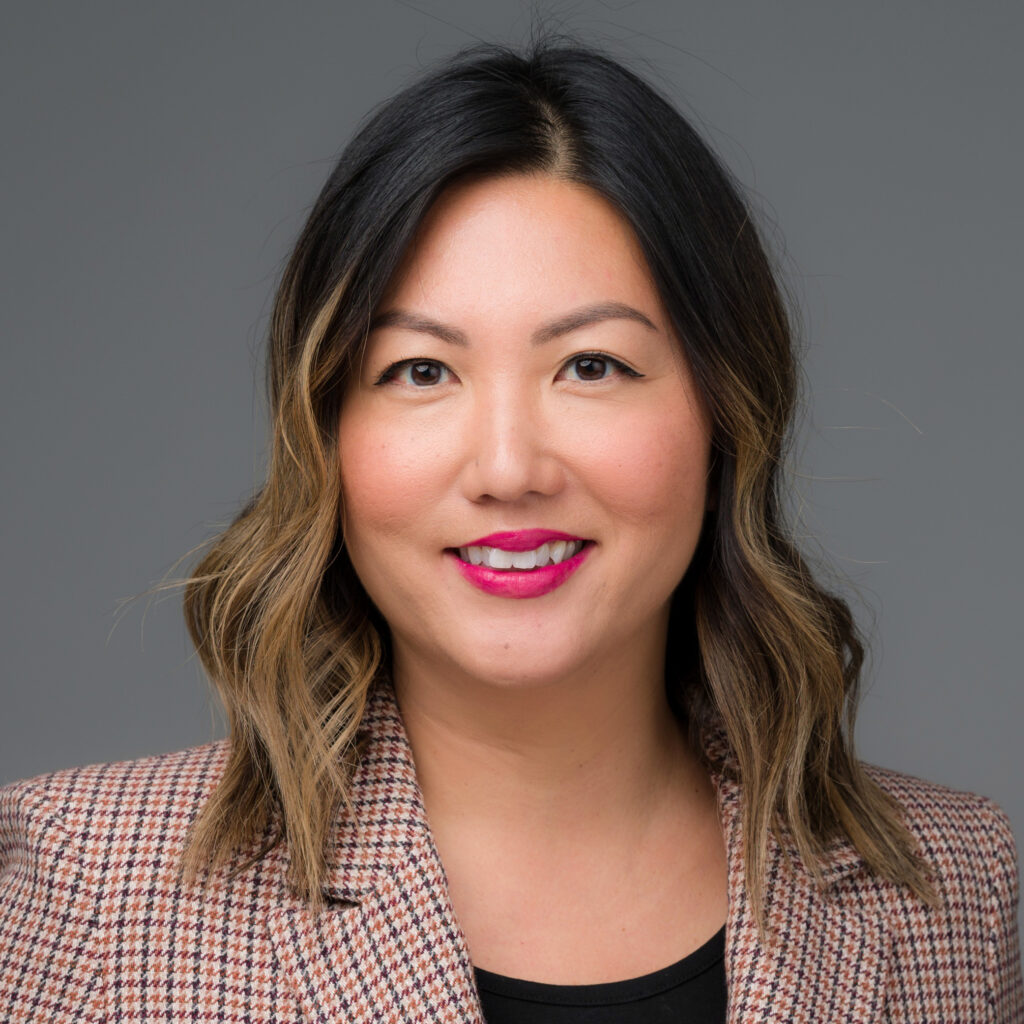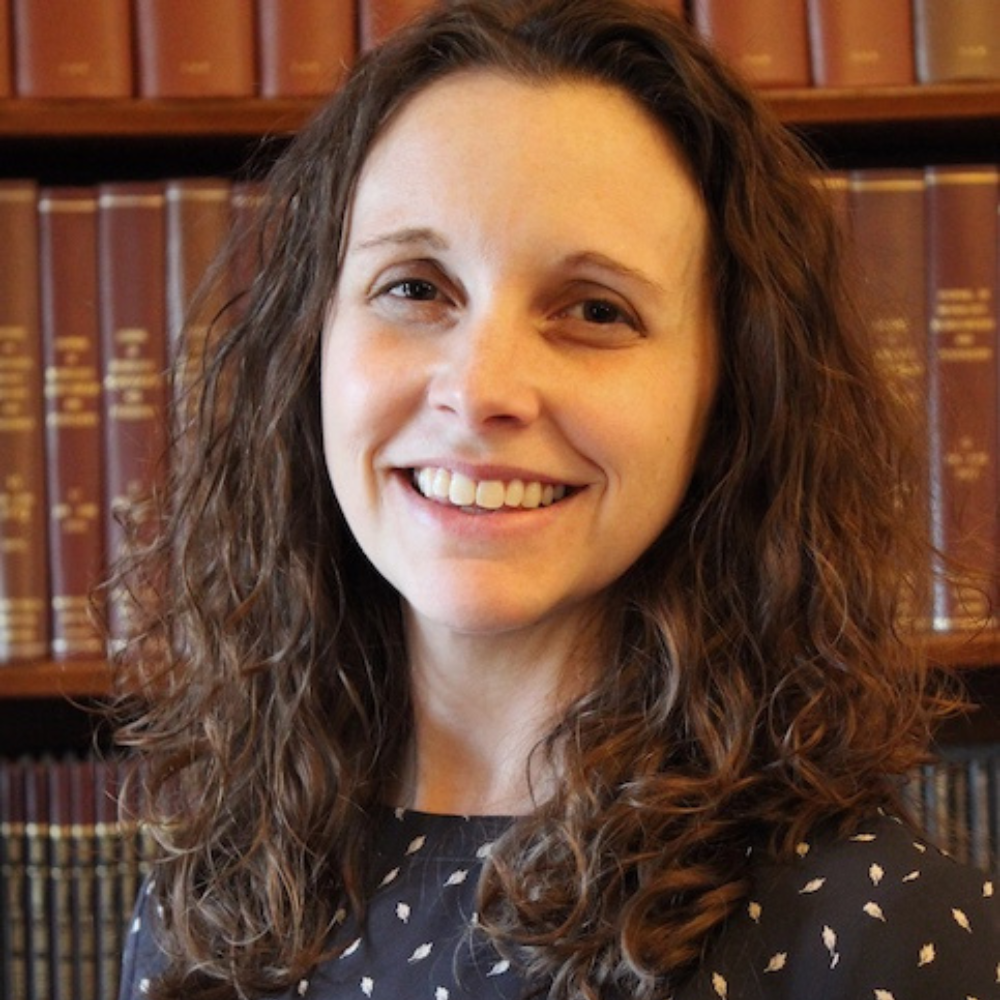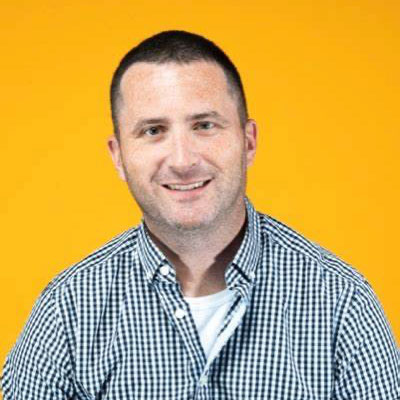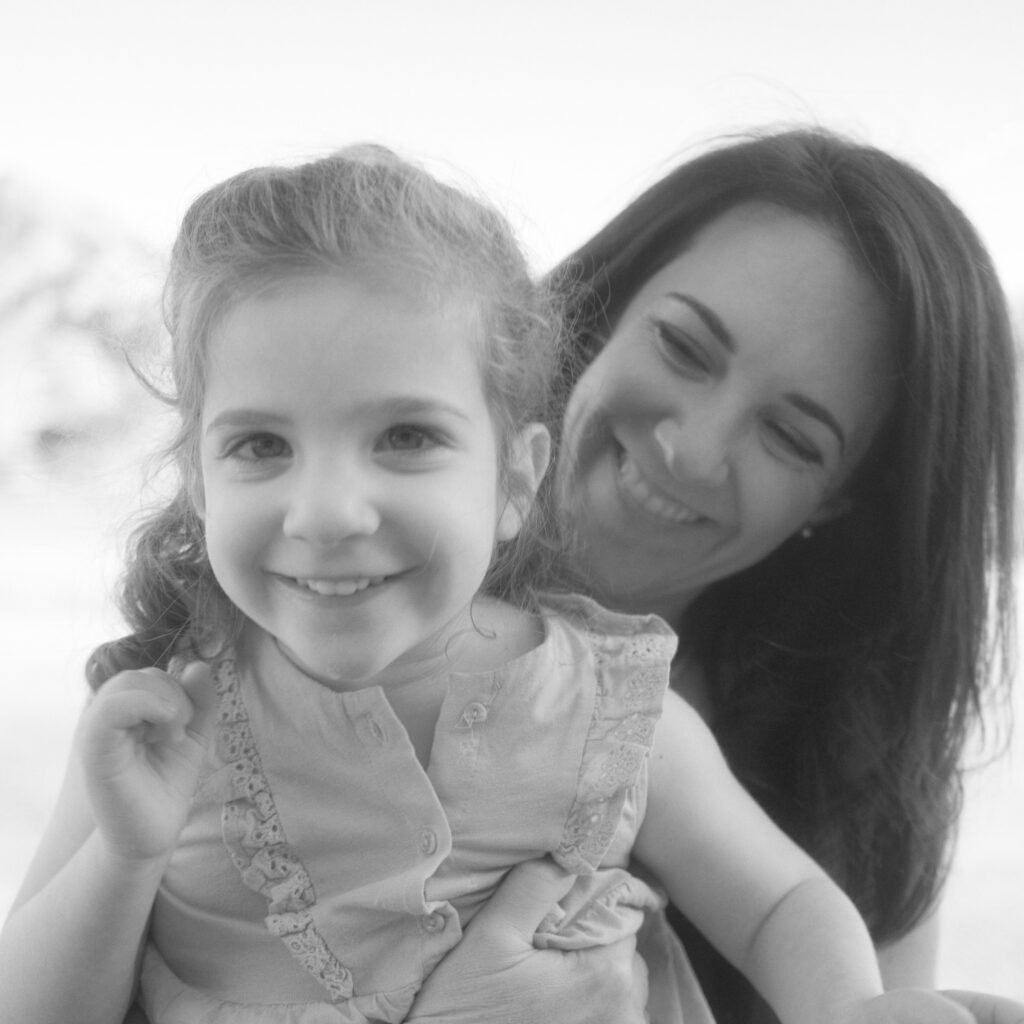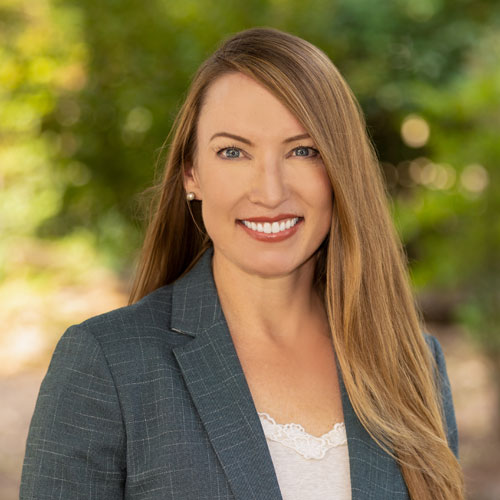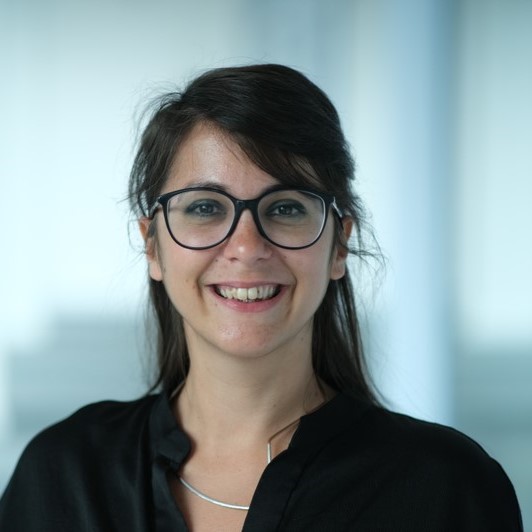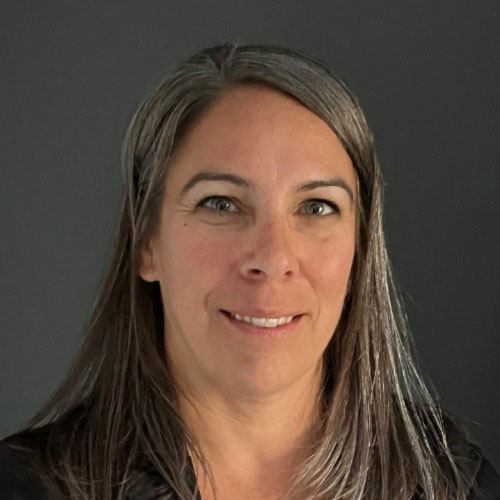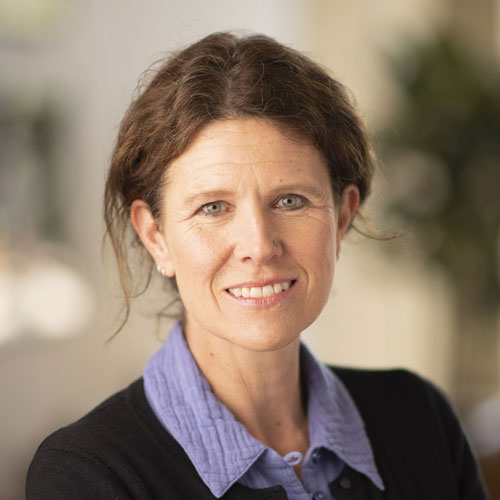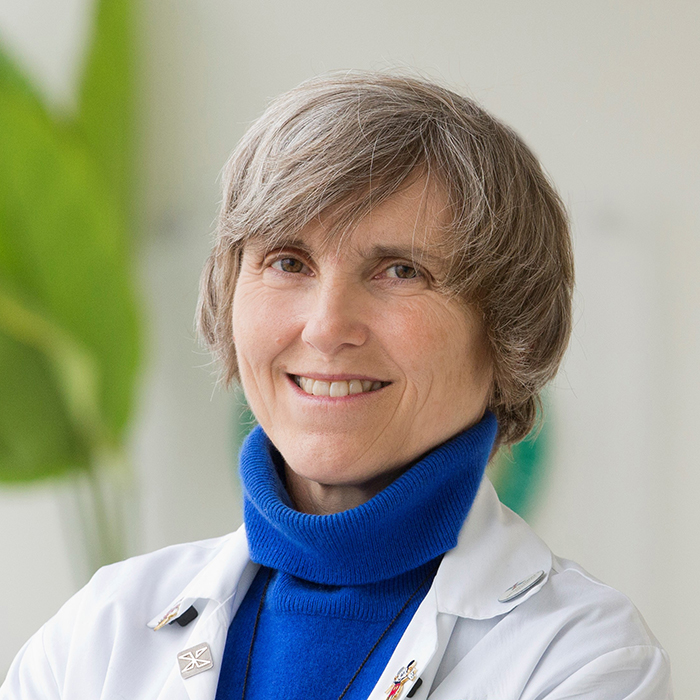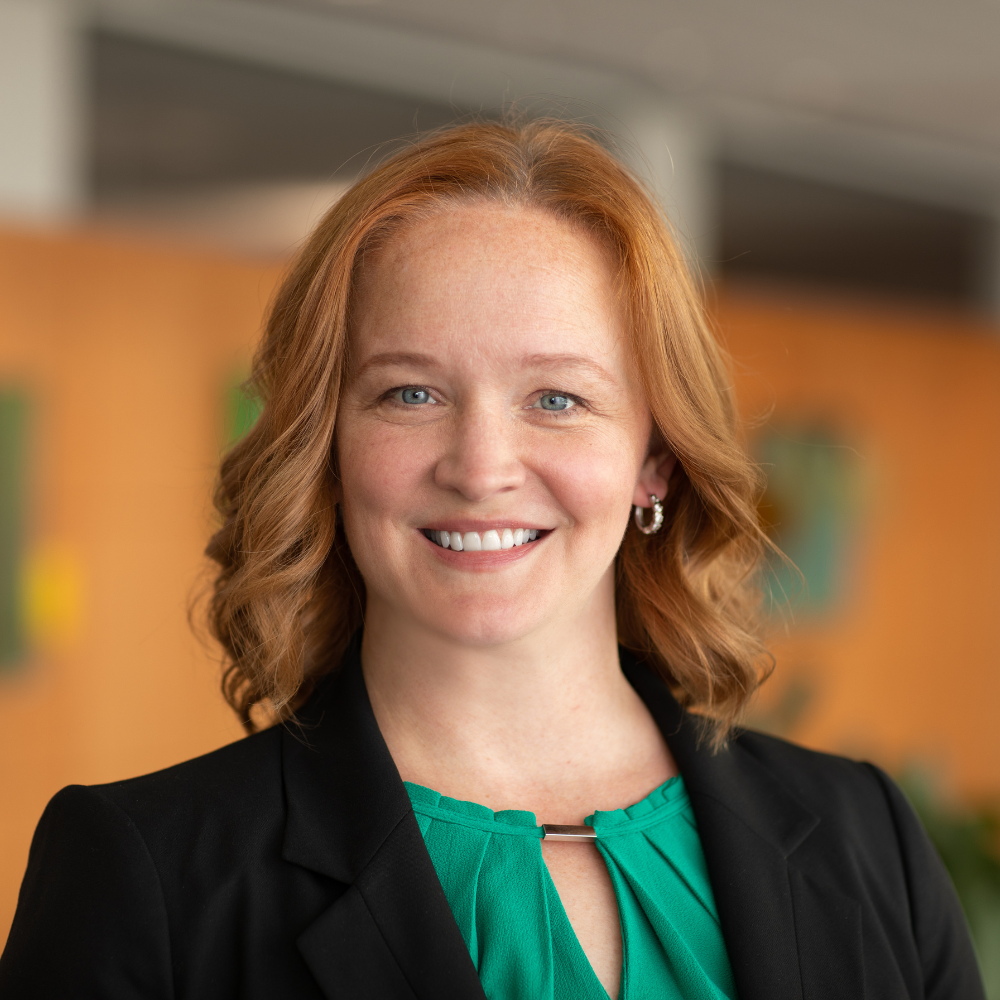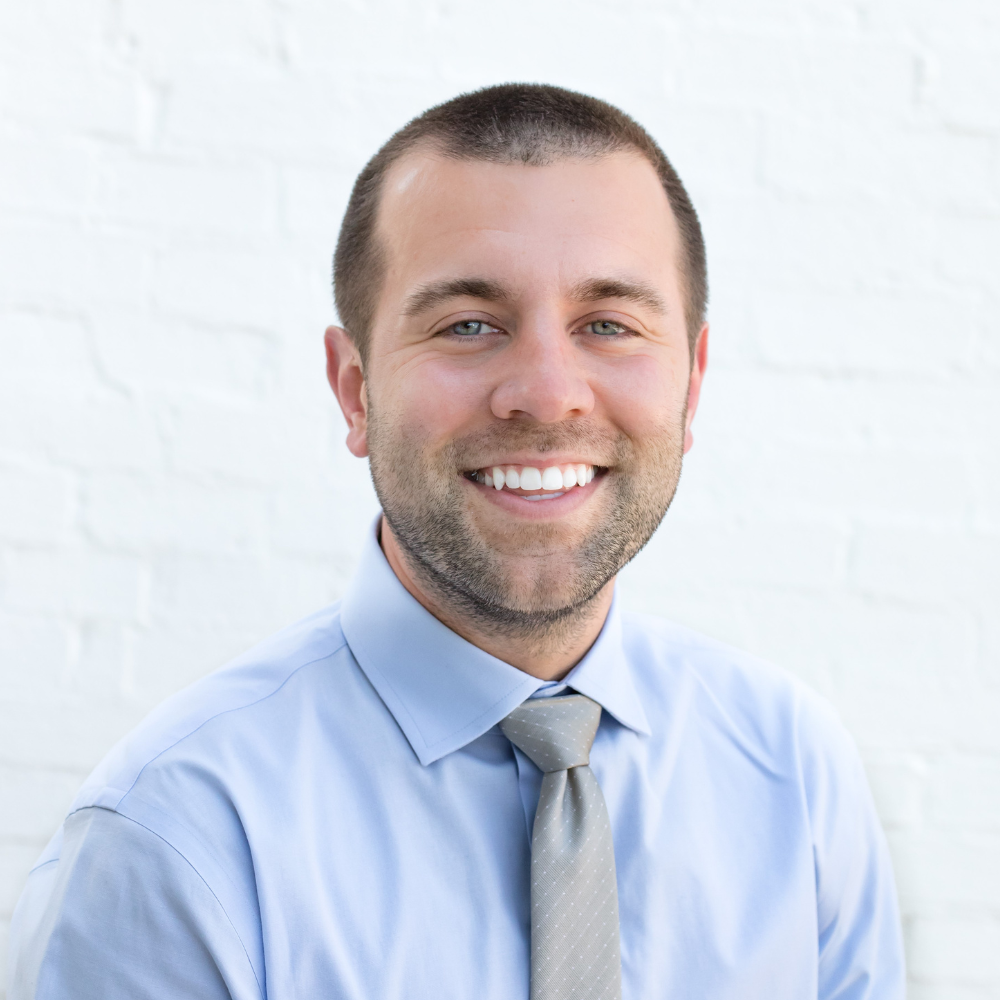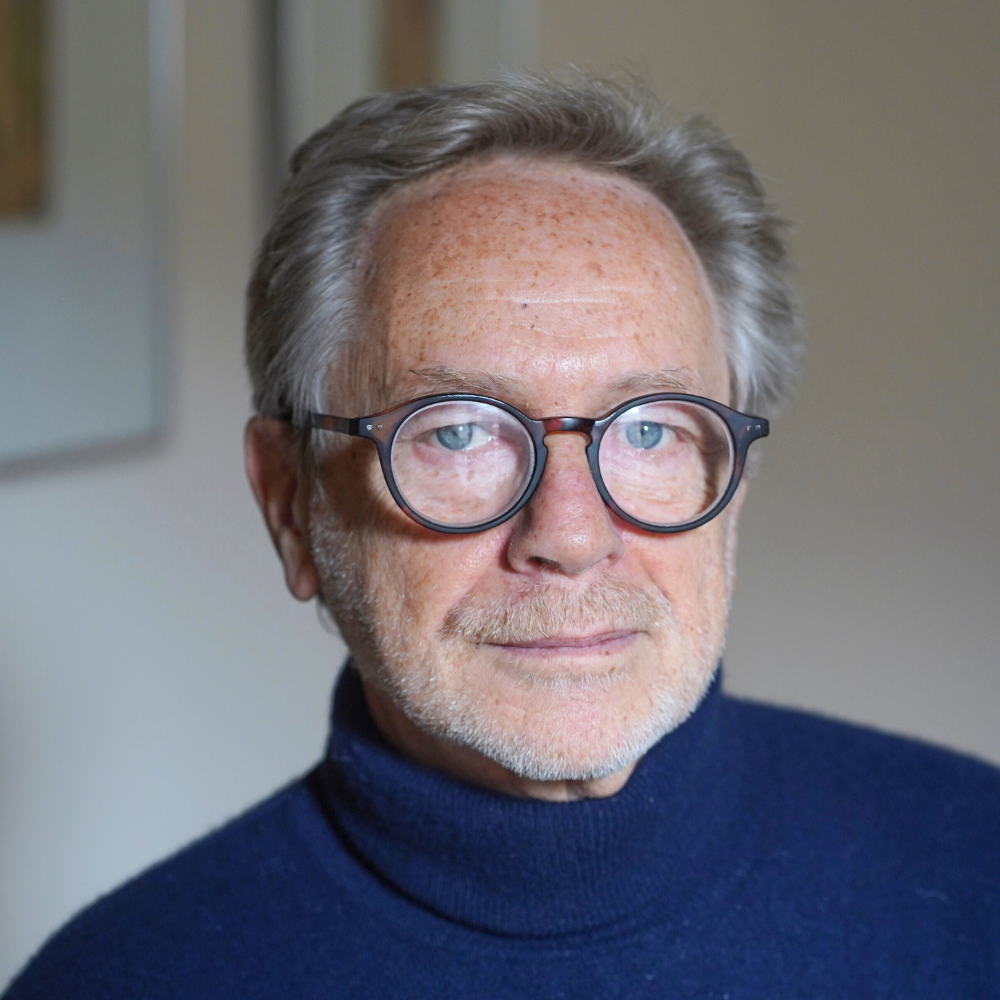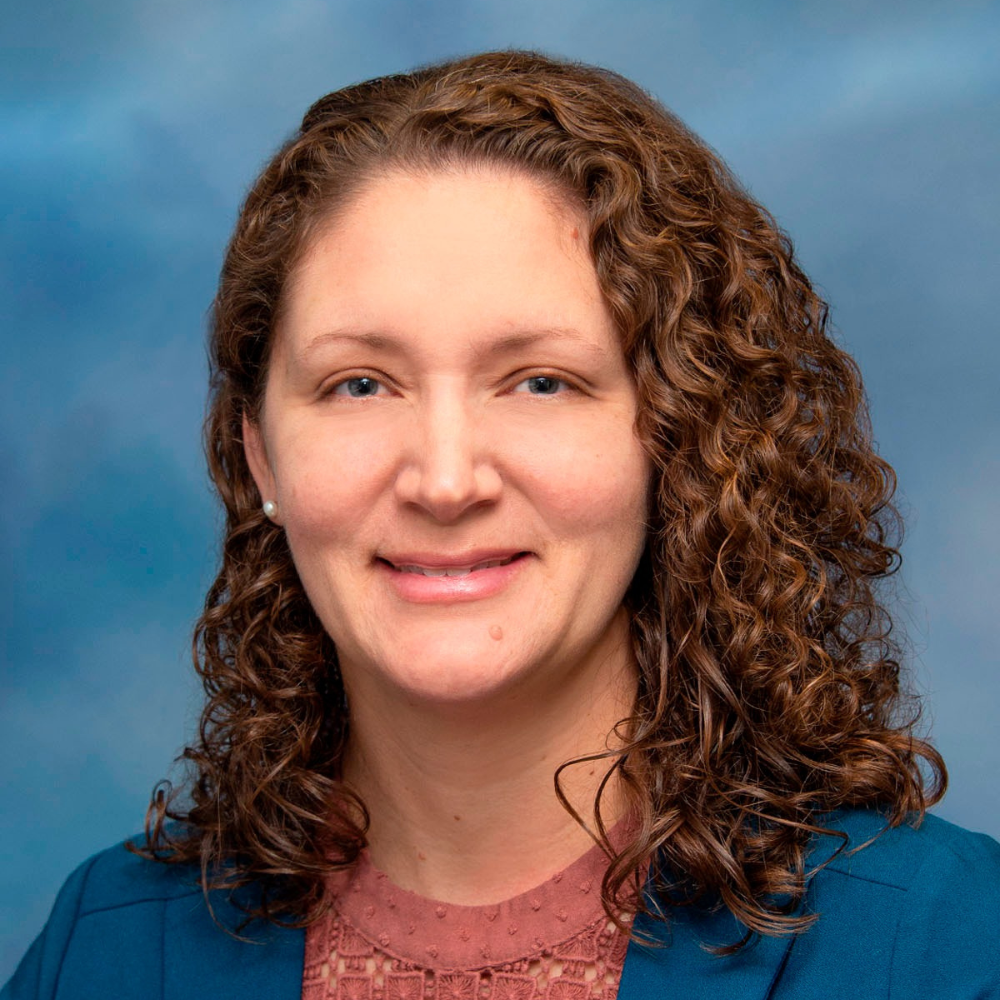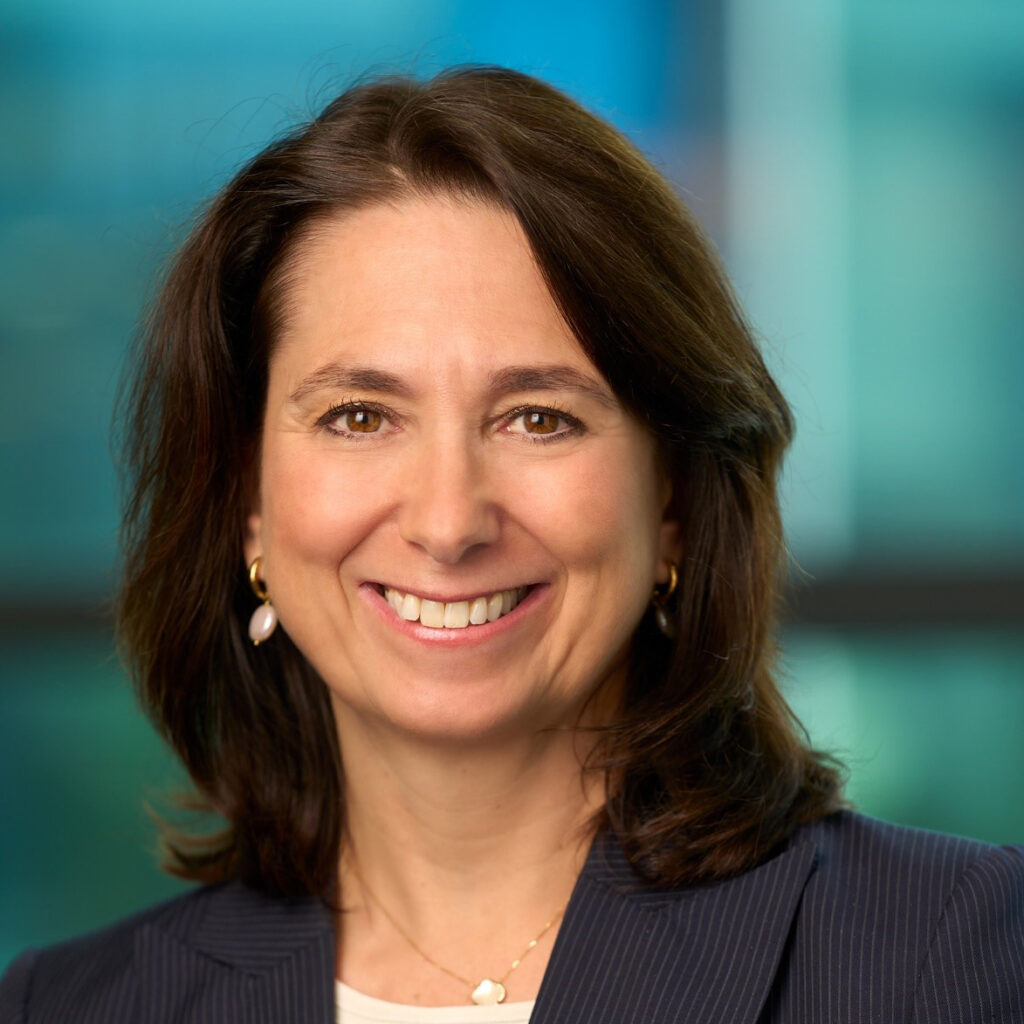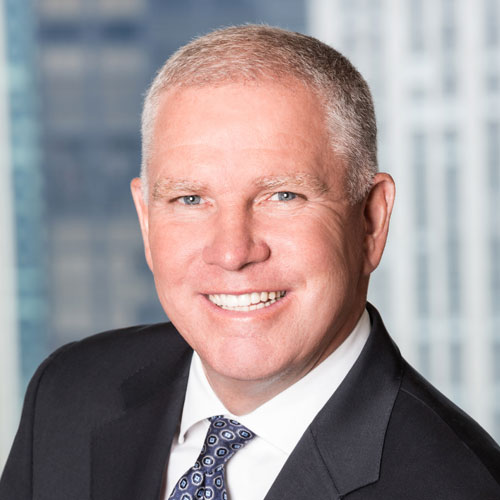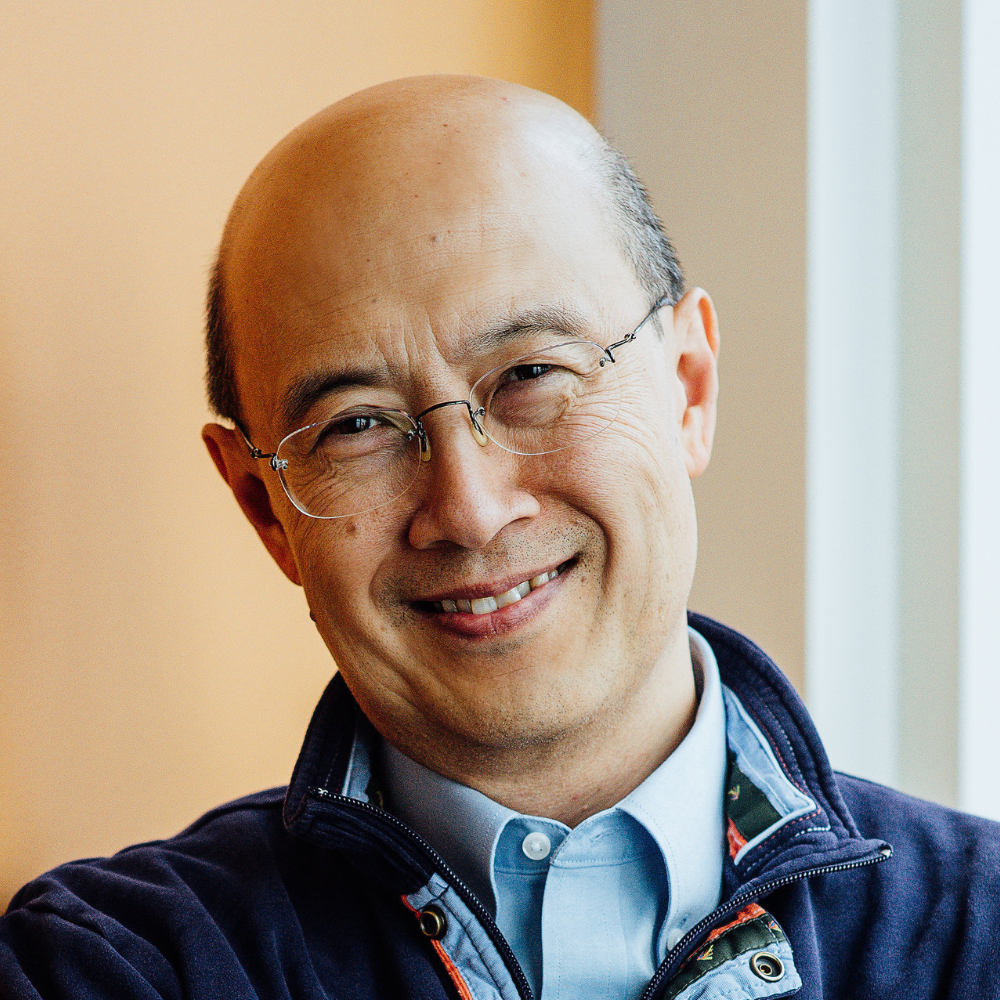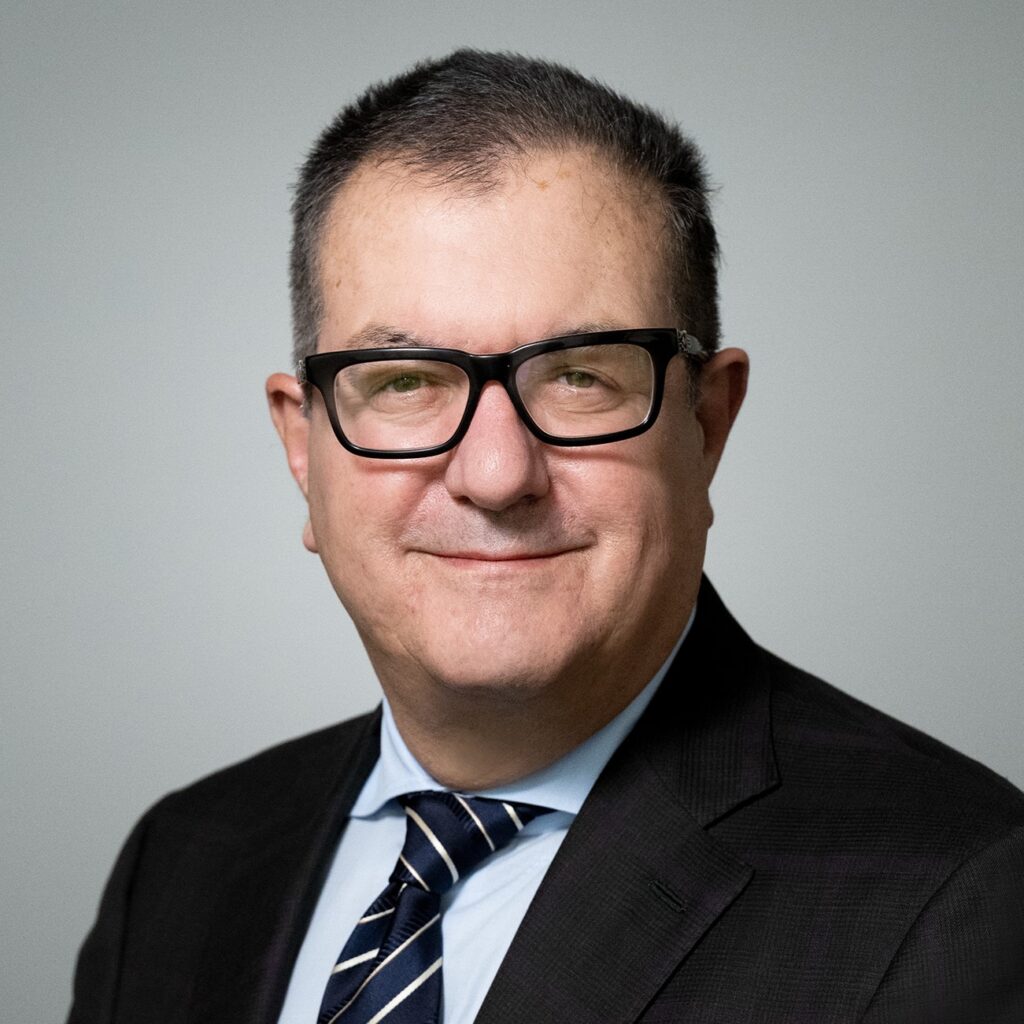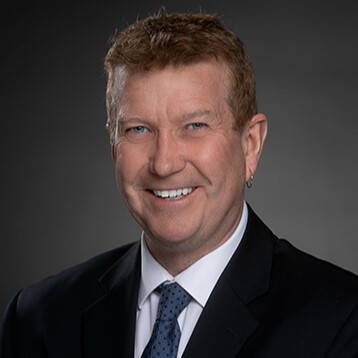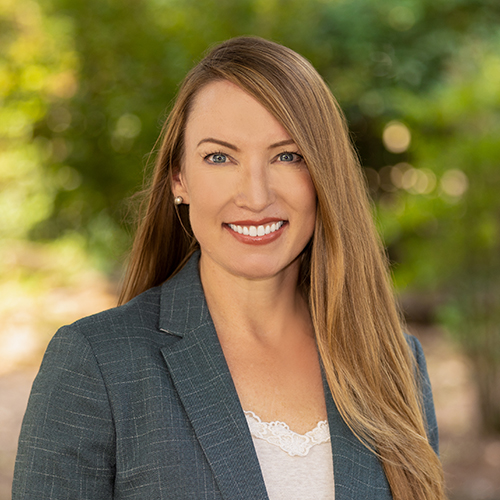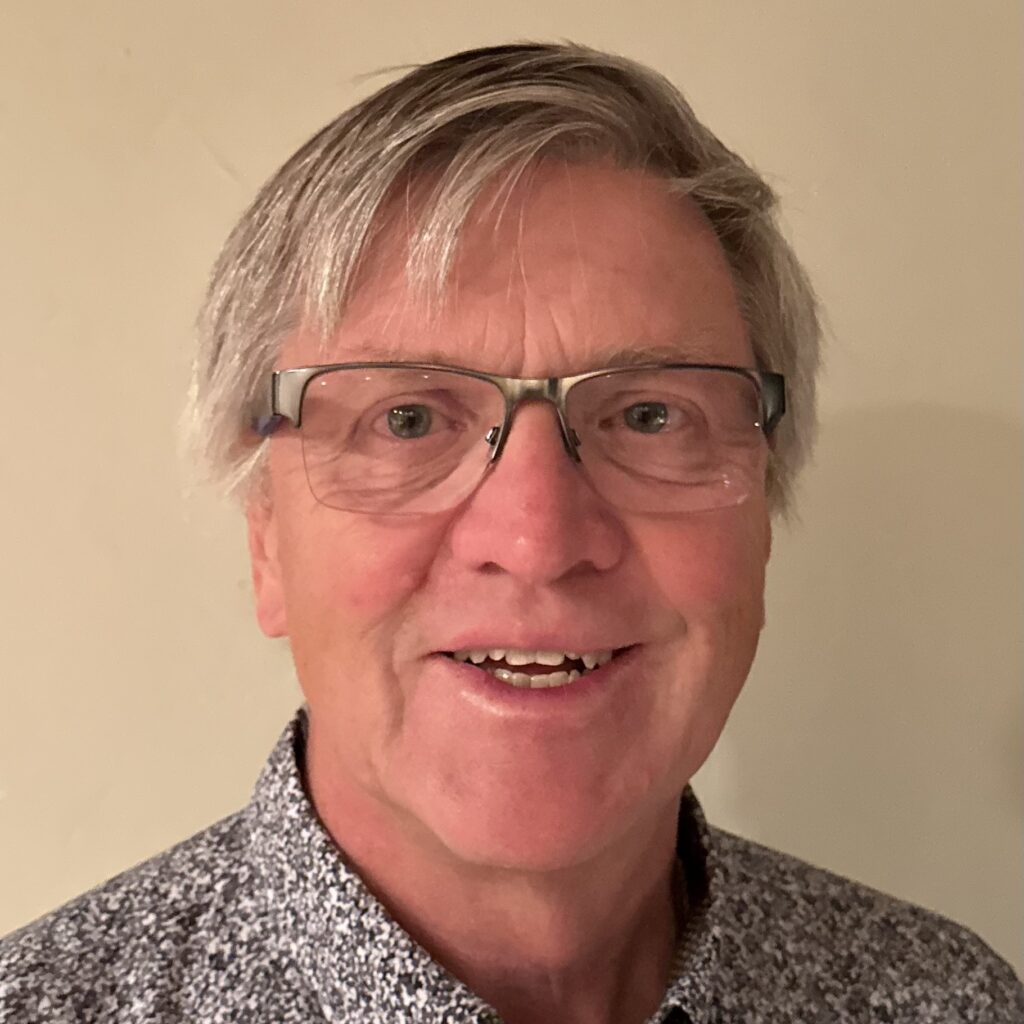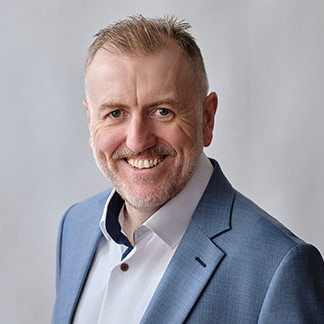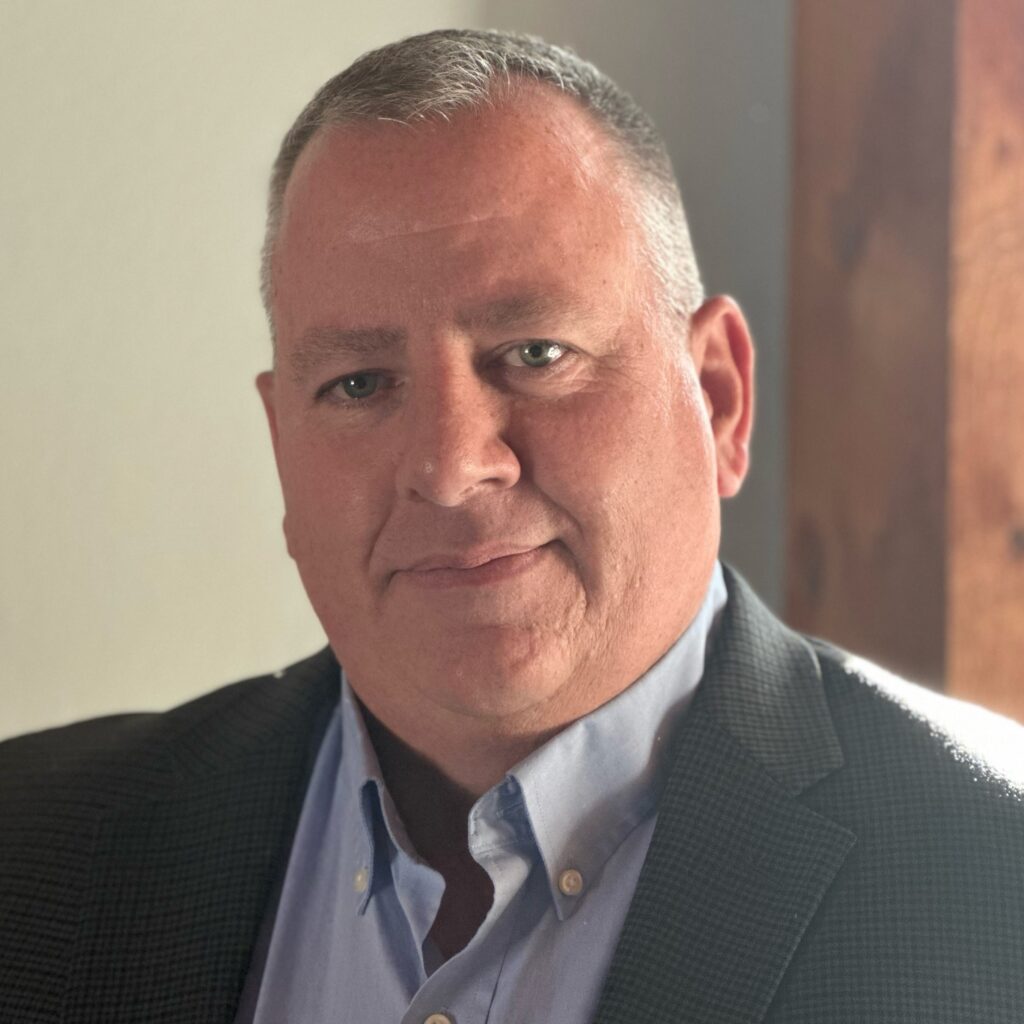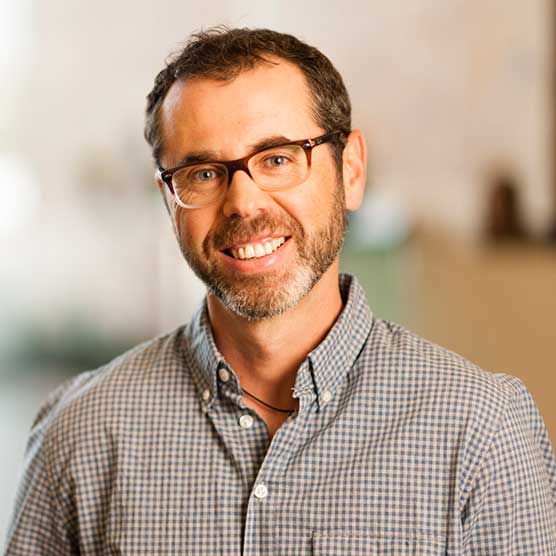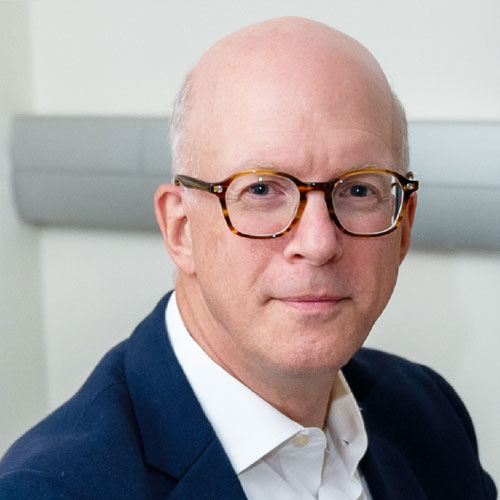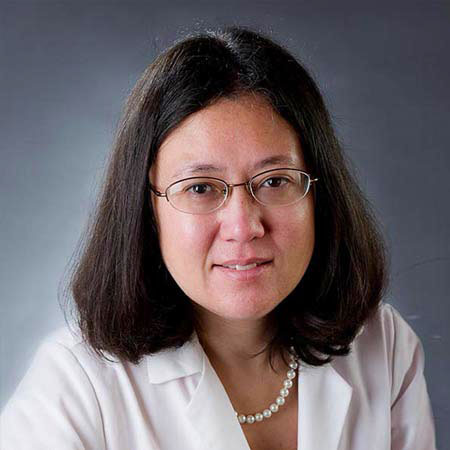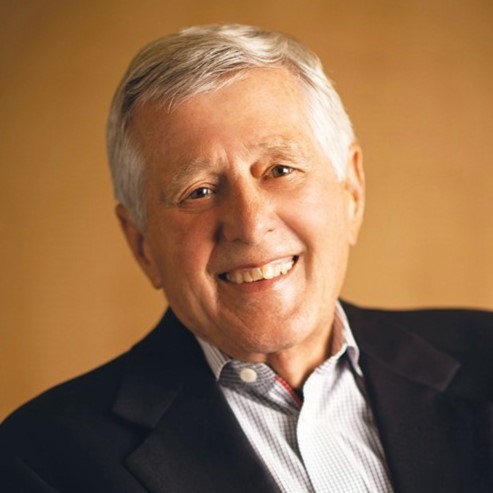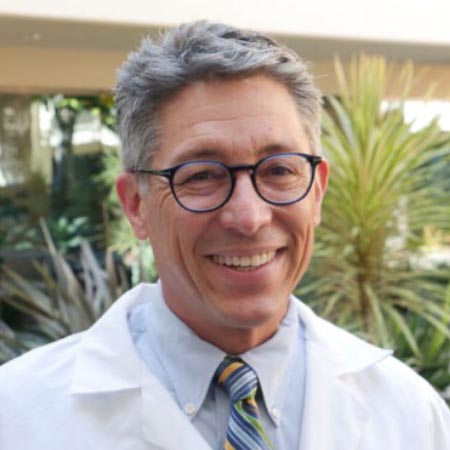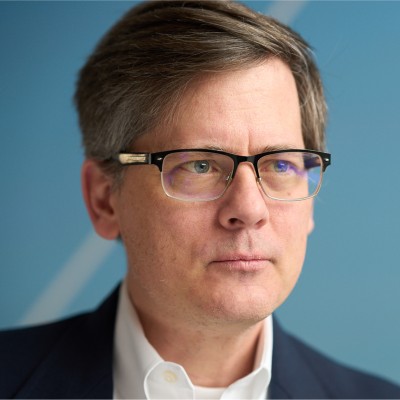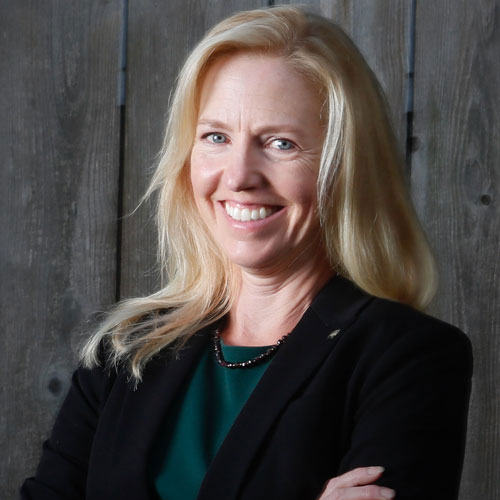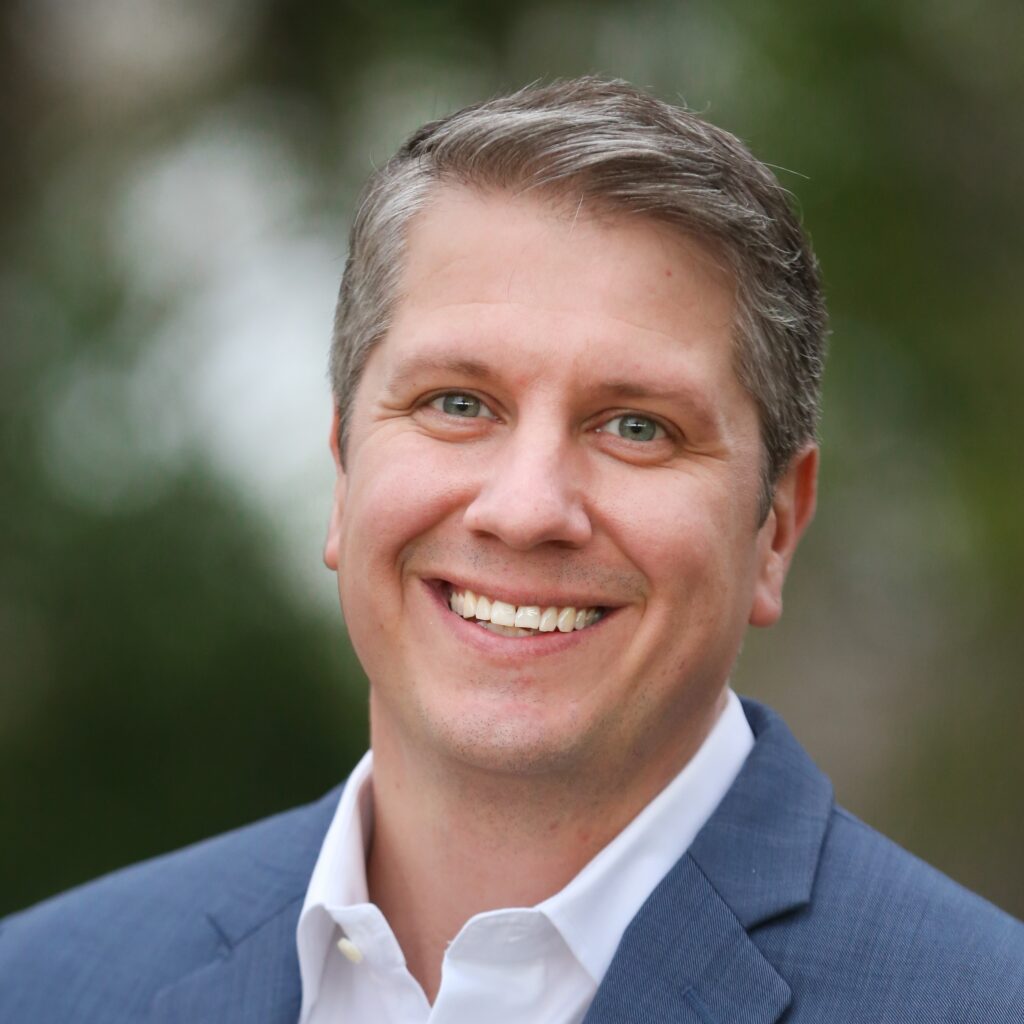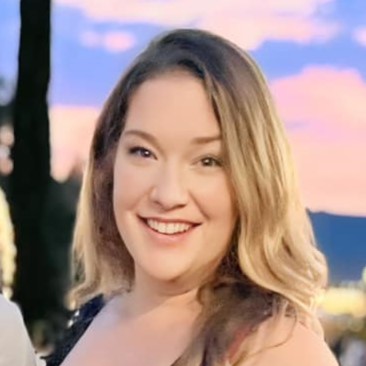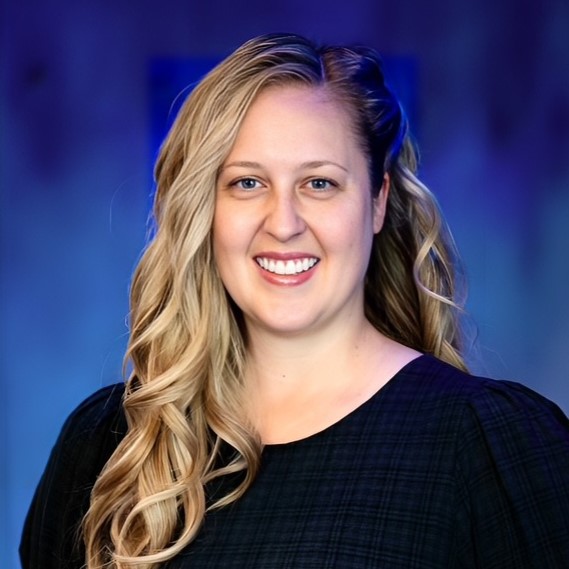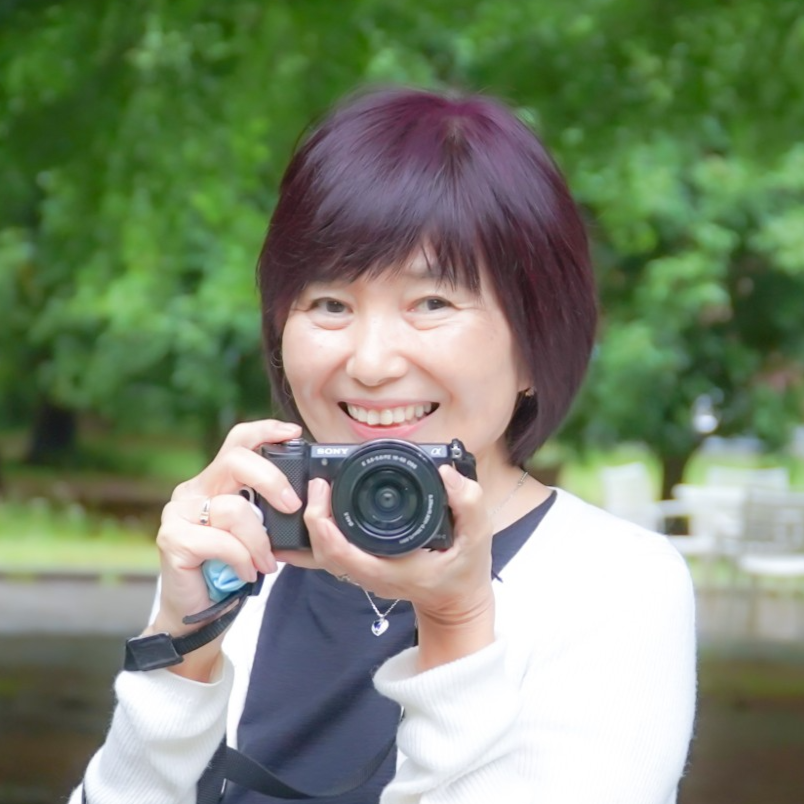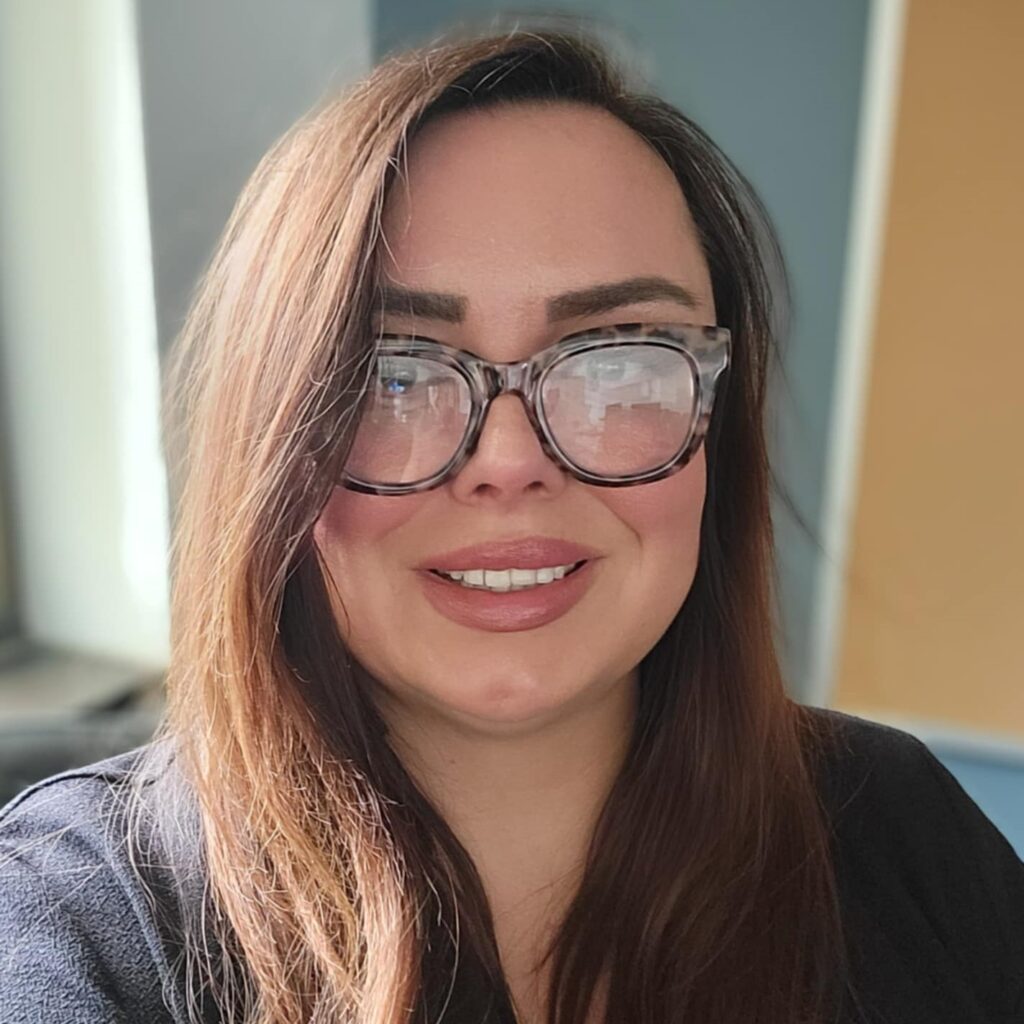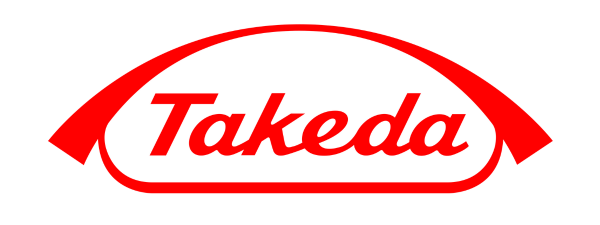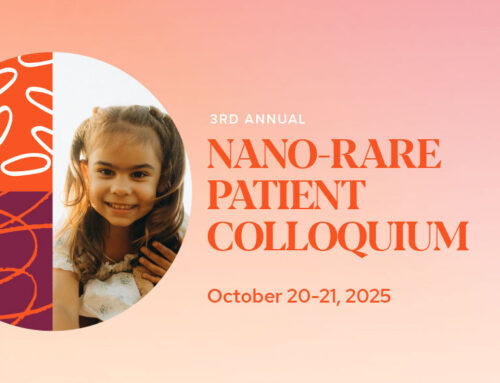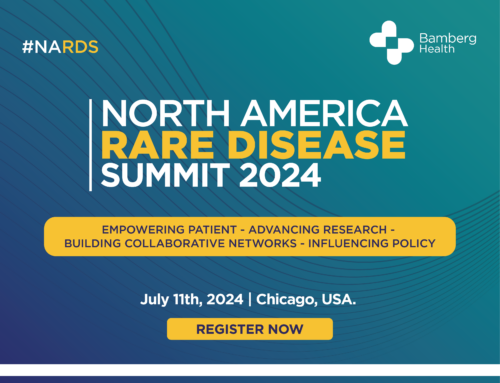2nd Annual
Nano-rare
Patient Colloquium
2024
October 30-31, 2024
Boston Marriott Cambridge
Cambridge, Massachusetts


We are delighted to share that 750 people joined us, both in-person and virtually. Our heartfelt thanks go out to the nano-rare community for making this event a success!
About the Event
During the 2024 Nano-rare Patient Colloquium, we reflected on n-Lorem’s progress as our foundation continued to grow, shared new developments, and presented our vision for the future. We explored the knowledge we had gained and outlined our processes that allowed us to efficiently develop optimal personalized ASO medicines. Our patient families shared their journeys through diagnosis and treatment, and our partners discussed how supporting nano-rare initiatives had enriched their company cultures. We also heard from our supporters about the growing challenges as more nano-rare patients sought help from n-Lorem. Additionally, research physicians from across the country provided insights into the latest findings on neurological diseases—and much more!
The event was an extraordinary display of solidarity and inspiration. We learned, laughed, connected, and even shed a few tears, emerging as a stronger and more united nano-rare community.
Dr. Stanley Crooke is founder, chairman and chief executive officer of n-Lorem, a nonprofit foundation focused on providing treatments for patients with nano-rare disease patients (1 to 30 patients worldwide), which he initiated in January 2020.Prior to n- Lorem, Dr. Crooke founded and was Chairman and Chief Executive Officer and Lead Scientist of Ionis Pharmaceuticals. During his tenure at Ionis, he led the scientific development of a new platform for drug discovery, antisense technology and the creation of one of the largest and more advanced development pipelines in the biotechnology industry, and commercialized several antisense drugs including, SPINRAZA® (nusinersen), TEGSEDI™ (inotersen) and others. Early in Dr. Crooke’s career, he led the creation of the first broad anticancer program in the industry at Bristol-Myers, bringing numerous anticancer drugs to the market in the first five years of his career. He then assumed responsibility for worldwide R&D (president) at SmithKline Beckman (now GSK). During his tenure at SKB, Dr. Crooke led the restructuring of R&D and the development of several drugs that were commercialized.
Dr. Crooke has also contemporaneously led a successful academic career becoming a full professor at Baylor College of Medicine and the University of Pennsylvania Medical School where he trained a number of Ph.D. students and won several teaching awards. Dr. Crooke has been an active scientist throughout his career as well.
Dr. Crooke has received a number of awards, most recently, the Indiana University School of Medicine Steven C. Beering Award, the Prix Galien Roy Vagelos Pro Bono Humanum Award, the American Chemical Society’s E.B. Hershberg Award for Important Discoveries in Medicinally Active Substances, the Lifetime Achievement Award presented by the Oligonucleotide Therapeutics Society, the Scrip Lifetime Achievement Award and the 2019 Massry Prize.
Dr. Crooke received his M.D. and Ph.D. degrees and house staff training at Baylor College of Medicine, where he currently serves on the Board of Advisors. In 2021, Dr. Crooke has been named Distinguished Alumnus of both Baylor College of Medicine’s Graduate and Medical schools and named one of the 20 of the most influential biopharma R&D executives by Endpoints News. He has published nearly 600 scientific publications, edited more than 20 books, has numerous patents, and led the development of more than 23 drugs that have been commercialized.
Dr. Frank Bennett is the chief technical officer of n-Lorem Foundation. He also is a founding member of Ionis Pharmaceuticals and serves as the company’s chief scientific officer. He is responsible for preclinical antisense drug discovery and antisense technology research. Dr. Bennett is also the franchise leader for neurological programs at Ionis. He has been involved in the development of antisense oligonucleotides as therapeutic agents, including research on the application of oligonucleotides for inflammatory, neurodegenerative diseases and cancer, oligonucleotide delivery, pharmacokinetics and medicinal chemistry.
Dr. Bennett is a co-recipient of the 2019 Breakthrough Prize in Life Sciences for his contributions to the discovery and development of SPINRAZA® (nusinersen) and the 2018 Hereditary Disease Foundation’s (HDF) Leslie Gehry Brenner Prize for Innovation in Science for his leadership and continued commitment to developing antisense therapies for Huntington’s disease (HD).
Dr. Bennett has published more than 200 papers in the field of antisense research and development and he is an inventor on more than 175 issued patents.
Prior to joining Ionis, Dr. Bennett was associate senior investigator in the Department of Molecular Pharmacology at SmithKline and French Laboratories, currently, GlaxoSmithKline.
He received his Ph.D. in Pharmacology from Baylor College of Medicine, Houston, Texas and his B.S. degree in Pharmacy from the University of New Mexico, Albuquerque, New Mexico. He performed his postdoctoral research in the Department of Molecular Pharmacology at SmithKline and French Laboratories.
Dr. Bennett serves on the Advisory Board for the Experimental Therapeutics Centre in Singapore and the Hereditary Disease Foundation.
Dr. Cedrik Ngongang is the senior director medical geneticist at n-Lorem Foundation. Prior to joining n-Lorem, Dr. Ngongang was a scientist at the National Human Genome Research Institute, National Institutes of Health.
Dr. Ngongang’s clinical and research experience in genetic medicine spans various aspects of the diagnostics and management of rare disorders, including clinical assessment of genomic variants, elucidation of the genetic basis of Mendelian phenotypes in individuals from ancestrally diverse backgrounds, and application of machine learning approaches to the clinical and genomic diagnosis.
He received his M.D. from the University of Yaoundé 1 Faculty of Medicine, and his Master of Medicine in medical genetics from the University of Cape Town. He completed his postdoctoral training in molecular genetics at the National Institutes of Health, following his board-certification in clinical genetics in South Africa.
Piotr and Malgorzata Kosla are proud parents of 2-year-old fraternal twin girls – Lena & Zuzia. Lena has a nano-rare, single point mutation in PACS2 gene with only dozens of cases diagnosed worldwide.
Following Lena’s rapid diagnosis (7 weeks from 1st seizure) in February 2022, they have decided to take advantage of their entrepreneurial spirits to save their daughter and founded PACS2 Research Foundation to start exploration around PACS2 syndrome, completely from scratch, as PACS2 syndrome mechanism of action is unknown. In parallel and in no time, after the first call with Lena’s US physician, Dr. Wendy Chung, they were already drafting together an application for treatment to n-Lorem, which resulted in Lena’s acceptance into the n-Lorem family in September 2022!
Both Piotr and Malgorzata hold master’s degrees in finance, but they quickly turned their pathway towards commercial with Malgorzata holding management positions at Haleon and Piotr developing himself as a member of iCOE (International Center of Excellence) for Rare Diseases at Biogen. They are rare-disease community contributors 24/7.
Elizabeth Berry-Kravis MD, PhD is a Professor of Pediatrics and Neurological Sciences at Rush University Medical Center in Chicago. She established the Fragile X Clinic and Research Program in 1991, through which she has provided care to over 800 patients with fragile X syndrome (FXS). She has studied medical issues, epilepsy and psychopharmacology in FXS, and has been a leader in translational research in FXS for 20 years, including development of clinical outcome measures and biomarkers, natural history studies, newborn screening, and particularly clinical trials of new targeted treatments in FXS, for which she has been PI or Co-PI of 27 trials, both industry and investigator sponsored. Her laboratory studies the cellular role of fragile X mental retardation protein (FMRP), relationship between FMRP and clinical function, and optimization of genetic testing methods. More recently she has expanded clinical and translational work to other neurodevelopmental disorders in addition to FXS, including autism spectrum disorders and single gene models of ASD, including Phelan McDermid syndrome, Rett syndrome, and Angelman syndrome. She also is working on translational research in rare neurogenetic disorders including Niemann-Pick type C, Battens disease, pantothenate kinase-associated neurodegeneration, and creatine transporter deficiency. She is on Advisory and/or Review Boards for the FRAXA Research Foundation, National Fragile X Foundation, Phelan McDermid Syndrome Foundation, International Rett Syndrome Foundation, Angelman Syndrome Foundation, Foundation for Angelman Syndrome Therapeutics, Combined Brain, N=1 Collaborative, n-Lorem Foundation and the GATHER Foundation. She has received the NFXF Jarrett Cole Clinical Award, FRAXA Champion Award, NFXF William and Enid Rosen Research Award, March of Dimes Jonas Salk Research Award, American Academy of Neurology Sidney Carter Award in Child Neurology, John Merck Fund Sparkplug Award, the FRAXA Ingenuity Award, the FAST Innovation Award, and the inaugural Martha Bridge Denckla Award from the Child Neurology Society for work in cognitive disorders of children.
Christopher A. Viehbacher joined Biogen as President and Chief Executive Officer and a member of the Board of Directors in November 2022.
Viehbacher has extensive international experience in both large pharmaceutical companies and entrepreneurial biotech companies and has a passion for advancing science for the benefit of patients and public health.
After 20 years with GlaxoSmithKline, he served as global CEO of Sanofi for six years. Under Viehbacher’s leadership, Sanofi strengthened and diversified its R&D pipeline and delivered significant value to shareholders.
More recently, Viehbacher and Ernesto Bertarelli co-founded Gurnet Point Capital, a Cambridge-based healthcare investment fund, which has led to the creation and continuing development of many innovative companies. He has also chaired or been a member of the board of a number of entrepreneurial companies in biotechnology. Viehbacher has always been a strong advocate for innovation and public health. He has received a number of awards including the Légion d’Honneur from France.
He graduated from Queen’s University in Kingston, Ontario, Canada. He is a certified public accountant, and he speaks French, German and English.
Dr. Olivia Kim-McManus received her undergraduate degree in Neurosciences at Columbia University in New York City and medical degree at George Washington University Children’s National Medical Center. She specializes in treating children with medically intractable epilepsy due to rare genetic etiologies requiring targeted genetic therapies or epilepsy surgery. She is the Director of the Batten’s Disease Neuro-infusion Program at Rady Children’s Hospital where she delivers intraventricular cerliponase-alfa enzyme replacement therapy via Ommaya reservoir targeted for disease modifying therapy for rare pediatric genetic disease. Dr. Kim-McManus is Neurology Section Vice Chief of Medical Staff Executive Committee at Rady Children’s Hospital, ACGME Epilepsy Fellowship Associate Program Director at UCSD, Epilepsy Foundation San Diego Professional Advisory Board member, Rady Children’s Insitute for Genomic Medicine clinical investigator, and UCSD Altman Clinical and Translational Research Institute Scientific Review Board member.
Tom Lowe is a KIF1A.ORG supporter and grandfather to Sloane, another KAND superstar. Tom has spent his career in business running the real estate and private equity operations for his family’s office in Arizona.
Dr. Bennett is the executive vice president and chief scientific officer at Ionis Pharmaceuticals and one of the founding members of the company. He is responsible for continuing to advance Ionis’ technology and expanding the company’s drug discovery platform. Dr. Bennett is also the franchise leader for gene-editing programs at Ionis. He has been involved in the development of antisense oligonucleotides as therapeutic agents, including research on the application of oligonucleotides for inflammatory, neurodegenerative diseases and cancer, oligonucleotide delivery, pharmacokinetics and medicinal chemistry.Dr. Bennett has been recognized for his research with numerous awards. He is a co-recipient of the Rainwater Prize for Outstanding Innovation in Neurodegenerative Disease Research, the 2021 Gabbay Award and the 2019 Breakthrough Prize in Life Sciences for his contributions to the discovery and development of SPINRAZA® (nusinersen), and the inaugural Healy Center International Prize for Innovation in amyotrophic lateral sclerosis (ALS). Dr. Bennett also received the 2018 Hereditary Disease Foundation’s (HDF) Leslie Gehry Brenner Prize for Innovation in Science for his leadership and continued commitment to developing antisense therapies for Huntington’s disease (HD).
Dr. Bennett has published more than 230 papers in the field of antisense research and development, and he is an inventor on more than 175 issued patents.
Prior to joining Ionis, Dr. Bennett was associate senior investigator in the Department of Molecular Pharmacology at SmithKline and French Laboratories (currently, GlaxoSmithKline).
He received his Ph.D. in Pharmacology from Baylor College of Medicine, Houston, Texas and his B.S. degree in Pharmacy from the University of New Mexico, Albuquerque, New Mexico. He performed his postdoctoral research in the Department of Molecular Pharmacology at SmithKline and French Laboratories.
Dr. Bennett serves on the Advisory Board for the Hereditary Disease Foundation and SAB for the McLaughlin Institute.
Dr. Neil Shneider serves as the Claire Tow Associate Professor of Motor Neuron Disorders and the Director of the Eleanor and Lou Gehrig ALS Center at Columbia University. He is an investigator in the Center for Motor Neuron Biology and Disease where his lab focuses on the study of models and mechanisms of ALS and the discovery and development of novel therapeutics for ALS and related disorders. Dr. Shneider worked with Ionis Pharmaceuticals to develop ION363 (Jacifusen), an anti-sense oligonucleotide (ASO) for ALS patients with rare mutations in the FUsed in Sarcoma (FUS) gene. Dr. Shneider is a graduate of Harvard College and earned his M.D. and Ph.D. degrees at the Columbia University College of Physicians and Surgeons.
In partnership with n-Lorem and Columbia University, Dr. Shneider founded Silence ALS, an initiative to develop ASOs for ALS patients with nano-rare, pathogenic mutations in ALS genes. Dr. Shneider was co-chair of the Translating Fundamental Research into Potential ALS Therapies Working Group for the NIH ALS Strategic Planning Workshop.
Dr. Jeff Carroll is a scientific advisor for n-Lorem. Jeff began assisting n-Lorem’s access to treatment committee at a very early stage, given his passion for helping families with rare genetic diseases. This passion emerges from a personal connection – Jeff’s mother died after suffering from Huntington’s Disease, placing her 6 children at 50% risk of developing the disease. In 2003, Jeff learned that he inherited this mutation from his mother, sparking a passion to help understand the disease, and to help hasten the development of novel treatments for all HD patients.
Jeff is now an associate professor in the Department of Neurology at the University of Washington. Jeff’s primary scientific focus is on conducting translational studies in support of “Huntingtin Lowering” approaches to Huntington’s Disease, primarily through the use of antisense oligonucleotides. Jeff’s Ph.D. and postdoctoral studies all involved using mouse models to understand basic mechanisms of HD and preclinical testing of therapeutic interventions in these models. During his Ph.D., he trained with Michael Hayden (UBC) and his postdoctoral studies were conducted under the supervision of Marcy MacDonald (MGH, Harvard Medical School).
Amy McCooe is the executive director of The Wolverine Foundation. Amy provides operational leadership for key partners in the academic research and patient communities that are seeking and/or developing treatments for the MAPK8IP3-Related Neurodevelopmental Disorder. Previously, Amy successfully grew an online STEM ED tech company from theory to curriculum implementation in over 1,500 schools, reaching 60,000+ students and successfully landed as a business unit within a major player in the education market. She brings over 10 years of experience in building high-performance teams with the ability to motivate, influence and lead multiple groups to achieve exceptional results. Amy holds an M.B.A. from the University of Texas at Austin and a B.A. in history from Trinity College-Hartford.
Vijay Ganesh is an Associate Neurologist at Brigham and Women’s Hospital and an Instructor at Harvard Medical School. He graduated from Harvard Medical School in the Health Sciences and Technology (HST) track with an M.D.-Ph.D. through the NIH Medical Scientist Training Program (MSTP). His Ph.D. work in the Christopher A. Walsh Laboratory focused on the discovery and characterization of genes that cause rare human brain malformations. Vijay completed neurology residency and a neuromuscular medicine fellowship in the Mass General Brigham program, and a T32 research training fellowship at the Mass General Brigham Program in Precision and Genomic Medicine. His current role is a physician-scientist focused on the clinical and genetic characterization of neuromuscular diseases. He is a research fellow in the Anne O’Donnell-Luria laboratory at Boston Children’s Hospital and Broad Institute, where his work focuses on developing and implementing genome, RNA, and proteomic methods for rare disease discovery and variant characterization. He is a member of the NIH ClinGen gene and variant curation expert panels for limb girdle muscular dystrophy (LGMD), and a member of the multicenter GRASP-LGMD Consortium to advance therapeutic development in LGMDs.
Natacha Gassenbach joined Biogen in October 2018 and is the Senior Vice President, Corporate Affairs, and Chief Communications Officer. She leads the global corporate affairs function, including external and internal communications, branding and reputation, corporate responsibility and patient advocacy. She also has responsibility for the Biogen Foundation and philanthropy. Prior to joining Biogen, she was head of corporate affairs at Baxalta (acquired by Shire), Novartis Vaccines and Diagnostics, and Boston Scientific.
Ms. Gassenbach spent more than 20 years in various leadership roles in the biopharmaceutical industry from early-stage companies to large corporations, with experience in medical devices, vaccines and pharmaceuticals. She led communications and engagement with key stakeholders during major complex transformations and participated in the launch of breakthrough therapies.
Ms. Gassenbach earned a master’s degree in journalism and communication from the University of Paris Sorbonne.
Clayton and his wife Zoe are proud parents of Mostyn Hummel. Mostyn is a hard-working little boy with many severe medical conditions. Mostyn is currently the only known case in the world with his specific genetic variant of KCNB1.
Clayton is a small business owner, operating a medical device distributorship. Zoe is an accomplished professional violinist, who toured with various music artists such as Rod Stewart, Andrea Bocelli, Sara Brightman and Styx to name a few.
In 2017, Mostyn was diagnosed with Lennox Gastaut Syndrome. Initially, the Hummels spent so much time in hospitals with their son it was unclear whether either of them would be able to continue with their careers. Ultimately, Clayton continued his career to provide for their family and Zoe parted ways with her gift to care for their son. Together, they are dedicated to their son’s health and happiness. They live in Tampa, Florida and make frequent trips to Boston for care at Boston Children’s Hospital and Red Sox games at Fenway Park.
“n-Lorem gives us hope our son may one day live a healthier life without declining and once again make forward progress. We are extremely grateful for the folks at n-Lorem and the donors who support their critical work.”
After Natural Sciences at Jesus College, Cambridge, Ana Lisa went to University College London Medical School. An elective in California, led to a Stanford University Dean’s Fellowship at the Department of Neurology for a year before core paediatric training at the Whittington and Great Ormond Street Hospitals, then specialty training in Genetics at Cambridge University Hospital (CUH). An NIHR Academic Clinical Fellowship enabled research placements at the MRC Laboratory of Molecular Biology and Wellcome Sanger Institute. An honorary consultant in clinical genetics at CUH and Clinical Lead for rare disease research at Genomics England, her focus is on translating genomic research into healthcare and advancing therapies for rare disease.
Katherine Dawson MD is Senior Vice President, Therapeutics Development Unit, Biogen. Dr. Dawson leads development efforts in Epilepsy and Neurodevelopmental Disorders, Neuropsychiatry, Pain and Movement Disorders. She has over 20 years of experience developing therapies for neurologic disorders at Biogen and has served on the Research and Development Leadership team and the Medical Leadership team in multiple roles. Dr. Dawson has also served on the Biogen Foundation Board since 2016 and is a member of the National Academy of Sciences, Engineering and Medicine’s Forum on Drug Discovery, Development and Translation. She is a neurologist who completed residency and fellowship at Massachusetts General Hospital and was an Attending Physician in the Neuromuscular Diagnostic Center.
Dr. Schneider is executive vice president and chief clinical development and operations officer of Ionis Pharmaceuticals. As a member of our executive leadership team, Dr. Schneider oversees all stages of clinical development of Ionis’ antisense medicines across the company’s therapeutic franchises. Dr. Schneider joined Ionis in December 2013 as executive director, clinical development and became vice president, clinical development, severe and rare diseases in April 2015, senior vice president, head of clinical development in August 2018 and executive vice president, chief clinical development officer in January 2021.
Dr. Schneider has two decades of experience in clinical development primarily in the rare diseases space. Prior to joining Ionis, Dr. Schneider was senior medical director at both Synageva BioPharma and Biovail Technologies Ltd.
Dr. Schneider received his medical degree from University of Medicine and Dentistry of New Jersey and completed his training in Pediatric and Adolescent Medicine at Robert Wood Johnson University Hospital in New Brunswick, New Jersey.
Dr. Horacio Kaufmann is the Axelrod Professor of Neurology, Professor of Medicine, and Professor of Pediatrics at New York University Grossman School of Medicine. His clinical and research career focuses on neurological disorders affecting autonomic neurons. He is actively involved in translational research and clinical care of patients with the genetic disorder familial dysautonomia (HSAN type 3) and patients with neurodegenerative synucleinopathies, like Parkinson’s disease and Multiple System Atrophy. He conducts phase 1 and large international phase 3 clinical trials for rare diseases.
His laboratory unraveled the autonomic phenotype of Familial Dysautonomia as afferent autonomic failure, a finding that changed clinical management. Work at his lab showed that the progressive ataxia in patients with FD is due to absent functional muscle spindles and that progressive visual loss is caused by selective retinal ganglion cell degeneration. He showed that patients with congenital insensitivity to pain with anhidrosis (CIPA, HSAN4) have selective sympathetic noradrenergic loss with sparing of the adrenal medulla. He described an acute clinical syndrome caused by autoantibodies against the M3 muscarinic cholinergic receptor.
Dr. Kaufmann is the Editor in Chief of Clinical Autonomic Research, published by Springer-Nature.
Milen is an Associate Professor of Pediatrics and Genetics and The Director of the Division of Genetics at the Department of Pediatrics, Rutgers Robert Wood Johnson Medical School. He has been a practicing physician since 1995, and an active researcher, largely focused on studying the molecular basis and the natural history of genetic disorders. His research has helped identify the molecular basis of three genetic conditions. (PMID: 8012397, 22235333, 28195318). His research was supported by grants from NIH, CDC, and the private sector. He served as a reviewer for the CDC and for multiple medical journals. His research interests include genomic testing, gene therapy protocols, rare neurodevelopmental disorders, and Fragile X syndrome.
Julie Ziobro, M.D., Ph.D., is an Assistant Professor of Pediatrics in the Division of Pediatric Neurology at the University of Michigan. She is a pediatric epileptologist with clinical and basic science research interests in genetic epilepsies, including rodent modeling and development of precision therapies for developmental and epileptic encephalopathies.
Luke Hamilton is a leader of a Research Data Science and Analytics team at Cook Children’s Medical Center in Fort Worth, Texas, where he leads a team of scientists conducting investigator-initiated research throughout the health care system. He has a background in basic and translational genomics and leads a recently awarded initiative to position a precision medicine program as a service line within Cook Children’s, aiming to diagnose, treat, and manage children with rare diseases by utilizing precision health tools.
Luke is a professor of pediatrics and research at the TCU Burnett School of Medicine, and serves as a consultant for MyOme, a genomics company, where he focuses on development and implementation of polygenic risk scoring algorithms.
Margot A. Cousin, Ph.D., is an Assistant Professor of Medical Genetics in the Dept. of Molecular Medicine, Director of the N-of-1 Therapeutics Program in the Center for Individualized Medicine, and a KL2 Scholar through the Center for Clinical and Translational Science at Mayo Clinic. Dr. Cousin’s current research focuses on the mechanisms of rare genetic disease, developing and translating novel therapies such as antisense oligonucleotides for rare genetic disorders, and helping rare disease populations achieve clinical trial readiness.
Alan Lotvin, MD, is the Chief Executive Officer of Sequel MedTech LLC, a company bringing the next-generation of drug delivery technology to millions of people living with chronic disease.
Previously Alan served as Executive Vice President CVS Health and President CVS Caremark. In this role, Dr. Lotvin led all CVS Caremark to be the nation’s leading pharmacy benefit management (PBM) business — leading all sales, account management and operations. Dr. Lotvin also served as executive vice president and chief transformation officer of CVS Health, and before that executive vice president of CVS Specialty, the specialty pharmacy of CVS Health.
Before joining CVS Health in 2012, Lotvin was president and chief executive officer of ICORE Healthcare, a Magellan Health Services company. Dr. Lotvin has held multiple roles at Medco Health Solutions, including president of Medco Specialty Pharmacy Services and senior vice president of Manufacturer Contracting.
Dr. Lotvin holds US Patent #6269819 Method and Apparatus for Circulatory Valve Repair. He is co-author of the book Live Better, Live Longer.
Lotvin began his career as a practicing cardiologist in New Jersey. He holds a master’s degree in Medical Informatics from Columbia University and a Medical Degree from the State University of New York Health Sciences Center in Brooklyn.
Andrew W. Lo is the Charles E. and Susan T. Harris Professor at the MIT Sloan School of Management, director of MIT’s Laboratory for Financial Engineering, and principal investigator at MIT’s Computer Science and Artificial Intelligence Laboratory. His healthcare-related research interests include: new financial engineering tools and business models for drug and device development and healthcare delivery, especially for rare and ultra-rare diseases; statistical methods for incorporating patient preferences into the drug approval process; predicting clinical trial outcomes via machine learning techniques; and novel reimbursement models for creating a robust gene and cell therapy ecosystem. He is a co-founder of BridgeBio Pharma, QLS Advisors, Quantile Health, and Uncommon Cures; a director of AbCellera, Atomwise, BridgeBio, Uncommon Cures, and Vesalius; and a member of the advisory board to the American Cancer Society’s BrightEdge Impact Fund. Lo received his B.A. in economics from Yale University and his A.M. and Ph.D. in economics from Harvard University.
Brienne Kugler is a Senior Vice President, Research and Investments at Royalty Pharma. Prior to joining Royalty Pharma in 2014, Ms. Kugler was a biotechnology equity research senior associate at Morgan Stanley. Ms. Kugler received a BS in materials science and engineering from Massachusetts Institute of Technology.
David Butler is the Chief Technology Officer at Hongene Biotech. David has nearly two decades of experience in the oligonucleotide field. Prior to joining Hongene in 2023, he led organizations driving drug discovery and development of oligonucleotide therapeutics, most recently as Head of Chemistry at Korro Bio, Head of Therapeutics Development at Altrna, and Head of Medicinal Chemistry at Wave Life Sciences. He began his career in oligonucleotides as a Principal Scientist at Alnylam Pharmaceuticals in 2007 developing early LNP technologies for siRNA delivery that were the progenitors of those used for mRNA related products today. He holds a PhD in Chemistry from the University of St Andrews, and is passionate about working with individuals and companies to help them succeed.
Jennifer Bain, MD, PhD, is an associate professor of neurology and pediatrics at Columbia University Medical Center. Dr. Bain completed both M.D. and PhD. as well as general pediatrics residency at Rutgers – New Jersey Medical School in Newark, New Jersey. She then trained in Child Neurology at New York Presbyterian – Columbia University Medical Center in New York City and is a board-certified neurologist with special certification in Child Neurology. Her early research career focused on spinal cord and brain development after injuries such as spinal cord injury and HIE. She currently works as a physician scientist at Columbia University specializing in general pediatric neurology with expertise in neurodevelopment, behavioral neurology and autism. Her clinical research has focused on studying the genetics of neurodevelopmental disorders including autism and cerebral palsy. She is PI on several clinical trials of precision medicine treatments for neurodevelopmental disorders, and currently treating 3 individuals with nLorem ASOs. She has been working closely with several patient advocacy groups, researchers, and Simons Searchlight to continuously move forward in the understanding of the developing brain.
Dr. John Maraganore is the CEO and Principal of JMM Innovations, LLC, committed to the advancement of biomedical innovation to patients.
Maraganore served as the founding CEO and a Director of Alnylam from 2002 to 2021, where he built and led the company from early platform research on RNA interference through global approval and commercialization of the first five RNAi therapeutics, creating a whole new class of medicines. At Alnylam, he built one of the biotech industry’s most successful companies with over $25B in market capitalization during his tenure.
Prior to Alnylam, he held scientific and business leadership roles at Millennium Pharmaceuticals, Inc., Biogen, Inc. – where he invented and led the discovery and development of ANGIOMAX® (bivalirudin), ZymoGenetics, Inc., and the Upjohn Company.
Dr. Maraganore currently serves as a Venture Partner and Advisor with a number of investment firms including Arch Ventures, Atlas Ventures, Blackstone, and RTW Investments. He is a member of the Board of Directors of multiple publicly traded companies, including Beam Therapeutics, Kymera Therapeutics, Rapport Therapeutics, and Takeda Pharmaceuticals. He is also on the Board of a number of private companies including Aera Therapeutics, Aitia, Hemab Therapeutics, and Orbital Therapeutics. Maraganore also serves as a strategic advisor to other public and private biotechnology companies, and serves on the Boards or Advisory Boards of a number of non-profit organizations. Finally, Dr. Maraganore is on the Board of the Biotechnology Innovation Organization, or “BIO,” where he was Chair from 2017-2019 and is Chair Emeritus.
Dr. Maraganore received his B.A., M.S. and Ph.D. in biochemistry and molecular biology at the University of Chicago.
Dr. Leung graduated from Creighton University School of Medicine in Omaha Nebraska. He completed his internship at the University of Iowa Hospitals and Clinics and finished his internal medicine residency and Nephrology fellowship at the Mayo Clinic in Rochester Minnesota. He has a academic rank of professor of medicine and is jointly appointed in the Division of Nephrology and Hypertension and the Division of Hematology. He is the current program director of the OncoNephrology fellowship at the Mayo Clinic and the head of the section of Onconephrology. He is also the current David L. and Colleen B. Kessenich Professor of Multiple Myeloma.
His main interests are monoclonal gammopathy related kidney diseases and amyloidosis. He is the leading authority on renal amyloidosis, myeloma cast nephropathy and monoclonal immunoglobulin deposition disease. He introduced the concept of monoclonal gammopathy of renal significance and has made substantial contributions in the treatment of paraprotein related kidney diseases. He is a founding member of the International Kidney and Monoclonal Gammopathy Research Group and is the current treasurer. He is also an active member of the International Myeloma Working Group, International Myeloma Society, International Society of Amyloidosis and American Society of Onconephrology. He is a current member of the American Society of Nephrology Workforce and Training Committee, National Kidney Foundation Spring Clinical Meeting planning committee and the co-chair of the ASN core curriculum on Onconephrology. He sits on the editorial board of Nephrology Dialysis and Transplantation and is a reviewer for multiple Hematology and Nephrology journals.
Paul Compton is Chairman of Investment Banking for Barclays, based in New York. Previously, Paul served as the Global Head of Corporate & Investment Bank (comprising of Investment Banking, Markets and Corporate Banking), and President of Barclays Bank PLC (BBPLC), leading the provision of funding, financing, strategic advice and risk management for financial institutions, money managers, governments, supranationals and corporate clients. Prior to his appointment as Global Head of Corporate and Investment Bank & President of Barclays Bank PLC, he was the Barclays Group Chief Operating Officer, and Chief Executive Officer of Barclays Execution Services, delivering operations and technology services to Barclays businesses globally. Before joining Barclays in 2016, Paul served for nearly two decades in a variety of senior roles at JPMorgan Chase, including Group Chief Administrative Officer, and Chief Financial Officer and Chief Administrative Officer of the Investment Bank. Prior to JPMorgan, Paul spent over 10 years at Ernst & Young in the Brisbane, Australia and New York offices. Paul holds a Bachelor of Commerce and a Bachelor of Economics from the University of Queensland, Australia. He received post-graduate degrees from the Institute of Chartered Accountants in Australia and the Securities Institute of Australia. Professor of Multiple Myeloma.
Stephen Wilson is General Manager of Charles River Senneville, a large full service nonclinical research facility located in Quebec, Canada. Charles River Laboratories provides comprehensive products and services to accelerate drug discovery and development to pharmaceutical and biotechnology companies, academic institutions, and government agencies. Stephen joined Charles River in 2001 and has held many scientific roles with the organization. His scientific experience spans toxicology, safety pharmacology, surgical models, and small and large animal disease models covering multiple therapeutic areas. Stephen has supported and advised countless sponsors on study design and study result interpretation to support regulatory submissions. Stephen received a Bachelor of Arts in Biology from the University of San Diego and recently completed a Master of Science in Management and Leadership and a Master of Business Administration from Western Governors University.
Tammy Cooper, President, has been with Nitto Avecia since 2005 and has played a vital role in increasing the business growth throughout her tenure. Prior to taking on the role of President in 2024, Tammy was the Vice President of Business Development since 2017. Tammy is unwavering in her commitment to build a strong foundation based on innovation, sustainability, and customer centricity to maintain our success as one of the top CDMOs in the oligo market. With over two decades in the pharmaceutical industry, Tammy holds a Bachelor’s degree in Chemistry from the University of Prince Edward Island.
Wendy Chung, M.D., Ph.D., is a clinical and molecular geneticist and the Chief of the Department of Pediatrics at Boston Children’s Hospital and Harvard Medical School. Dr. Chung directs NIH funded research programs in human genetics of pulmonary hypertension, breast cancer, obesity, diabetes, autism, birth defects including congenital diaphragmatic hernia and congenital heart disease. She is a national leader in the ethical, legal, and social implications of genomics. She was the recipient of the Rare Impact Award from the National Organization of Rare Disorders, and is a member of the National Academy of Medicine and the American Academy of Physicians. Dr. Chung received her B.A. in biochemistry from Cornell University, her M.D. from Cornell University Medical College, and her Ph.D. from The Rockefeller University in genetics.
Megan Hedstrom is mom to three with husband Kyle: Griffin, Declan, and Sloane. Sloane was diagnosed with KIF1A Associated Neurological Disorder in August 2021 and she started receiving her ASO treatment from N-Lorem in May of 2024. Megan and her family live in Scottsdale, Arizona where she works in investment real estate.
Ryan Stranskowski is an n-Lorem patient for a condition in which he has amyloid plaque built up in his kidney through deposits of Serum amyloid A (SAA1) protein, which leads to progressive kidney disease. While the vast majority of patients with kidney disease secondary to SAA amyloidosis respond to anti-inflammatory agents, Ryan’s family is among the extremely small patient population who are non-responsive with little therapeutic options. SAA overproduction is presumed to be the main cause of renal amyloidosis leading to disease, the ASO medicine that n-Lorem designed and developed inhibits the production of SAA1 protein in the liver.
David Pearce is the chair of the consortium assembly for the International Rare Diseases Research Consortium (IRDiRC) that represents funding agencies, companies, and patient advocate groups that from approximately 80 countries. He completed his undergraduate Bachelor of Science Degree with honors in biological sciences at Wolverhampton Polytechnic in 1986. He gained his PhD in 1990 at the University of Bath, UK, and did postdoctoral training at the University of Rochester, U.S., and Oxford University, UK.
Dr. Pearce is an internationally recognized leader in a number of areas. He has published over 100 research papers on Batten disease. He founded an international registry for rare diseases known as the Coordination of Rare Diseases at Sanford (CoRDS). He has served on numerous NIH review committees, rare disease advisory boards and has organized rare disease workshops for the National Institute for Neurological Disorders and Stroke (NINDS) arm of the National Institutes of Health (NIH). He has presented at numerous international meetings on rare disease, precision medicine, and use of electronic medical records for biomedical research.
He has overseen the development of numerous research programs, including more than 450 researchers and as well as development and regulation numerous clinical trials.
Ferguson has been Chief Medical Officer at Voyager since joining the company in 2024. Ferguson held positions of increasing responsibility at Biogen, most recently serving as Vice President, Head of Neuromuscular Development Unit. During his tenure, he built and developed teams focused on neuromuscular and movement disorders, overseeing strategy for these areas across Biogen R&D. Notably, he led the team that developed QALSODY® (tofersen), the first genetically targeted therapy for SOD1 amyotrophic lateral sclerosis (ALS); this therapeutic received the first accelerated approval based on reduction of neurofilament, a surrogate biomarker pioneered by Ferguson, his team, and the broader ALS community. Overall, his teams at Biogen were responsible for nine successfully executed INDs and three proof-of-concept clinical trials and filings. Prior to joining Biogen, Ferguson was Assistant Professor of Neurology, Shriners Pediatric Research Center and Temple University School of Medicine. He received his M.D. and Ph.D. from University of Florida College of Medicine and his B.S. from University of Florida, Gainesville. He also completed a residency in neurology and a neuromuscular fellowship at the University of Pennsylvania.
Raena and her husband Frank are the parents of Gunnar and Raegan. In 2021, Gunnar’s diagnosis changed from Spastic Diplegic Cerebral Palsy to Hereditary Spastic Paraplegia after genetic testing revealed a pathogenic variant of his KIF1A gene.
Raena is a Detective with 23 years of service in Law Enforcement. She recently joined Rescue 7 Firefighters For Patients where she serves as a Family Advocate.
Robert “Bobby” Glenn is father to Rose and member of the Yellow Brick Road Project (YBRP) Board of Directors. He studied Biology at the University of Colorado, Boulder, but ultimately found his passion working in various roles in business development and marketing in the tech industry. Robert was first introduced to HNRNPH2 when his daughter, Rosie, was diagnosed in 2019. He’s watched his determined daughter work hard for every little achievement, and is so proud of her accomplishments. As the Director of Marketing and Communications for the YBRP, Robert is committed to leveraging his experience for raising awareness for HNRNPH2, along with other rare diseases.
Kayla Mansour is a dedicated mother of three from Dallas, Texas. By day, she works in marketing, but her true mission centers on empowering her daughter, Marley, who is one of only 60 individuals worldwide diagnosed with NARS1. After a challenging 9.5-year journey to diagnosis, Kayla has committed herself to advocacy and education. She works closely with The Rory Belle Foundation to support their research efforts aimed at finding a cure for NARS1. Through her participation on the parent panel, Kayla hopes to inspire and connect with other families facing similar challenges.
Junko Shiozawa is mother to Kuri, a patient living with DRPLA. Junko is a journalist, President of Hawaii Web TV, and a CureDRPLA Advisory Board member.
Daphne Graskewicz-Prado is mother of three and works as a healthcare program manager. Harlow, her three-year-old daughter, was diagnosed with TUBB4A leukodystrophy in July of 2023 and so began Daphne mission to find a way forward for her daughter and kids like her. Daphne co-founded The Kinslow TUBB4A foundation with Sarah Marta – a fellow n-lorem patient mother- in late 2023 and hopes to empower TUBB4A and rare disease families to advocate for their children and find strength in numbers to forge forward the path for rare disease drug research and access.
Jane Grogan, Ph.D. is Executive Vice President (E.V.P.) and Head of Research at Biogen. Dr. Grogan joined Biogen in 2023, bringing nearly two decades of experience leading biotech research, including fifteen years with Genentech. Dr. Grogan most recently served as the Chief Scientific Officer at Graphite Bio and ArsenalBio, both cell and gene therapy companies. During her time at Genentech, she served in several increasingly senior roles across Immunology and Immuno-oncology, covering research strategies and drug development across RA, Lupus, MS, IBD and Cancer. Preceding her career in the Biotechnology Industry, Dr. Grogan completed her Ph.D. in immunology at Leiden University and her B.Sc in Biochemistry and Pharmacology from the University of Melbourne.
2024 Nano-rare Patient Colloquium
Day 1 — October 30, 2024
Presentation
Providing hope for a better future, one nano-rare patient at a time
Stanley T. Crooke, M.D., Ph.D.
Founder and CEO, n-Lorem
Patient Panel:
Hope realized; The culmination of effort, perseverance and belief in a better outcome
Ryan’s journey and clinical experience
Our pioneering patients are paving a pathway for more nano-rare patients, providing valuable information on health and disease and experiencing, for the first time, targeted therapeutic intervention for their genetic conditions. Please join us as we hear their diagnostic stories from the patients and their families. We will follow these with case reports on these patient’s clinical experiences presented by the physicians who are so committed to caring for these patients.
Moderator
Brady Huggett
Features Editor at The Transmitter
Panelists
Ryan Strankowski
n-Lorem Patient
Nelson Leung, M.D.
David L. and Colleen B. Kessenich Professor of Multiple Myeloma, Consultant in the divisions of Nephrology and Hypertension, and Hematology in the Department of Internal Medicine at the Mayo Clinic
Patient Panel:
Hope realized; The culmination of effort, perseverance and belief in a better outcome
Connor’s journey and clinical experience
Our pioneering patients are paving a pathway for more nano-rare patients, providing valuable information on health and disease and experiencing, for the first time, targeted therapeutic intervention for their genetic conditions. Please join us as we hear their diagnostic stories from the patients and their families. We will follow these with case reports on these patient’s clinical experiences presented by the physicians who are so committed to caring for these patients.
Moderator
Brady Huggett
Features Editor at The Transmitter
Panelists
Kelley Dalby
n-Lorem Patient Mother, Director of Natural History and Diagnostics in Epilepsy at Praxis Precision Medicines
Olivia Kim-McManus, M.D.
Associate Clinical Professor, UC San Diego School of Medicine Dept of Neurosciences, Pediatric Neurologist and Epileptologist, Rady Children’s Hospital Precision Therapeutics Neuro-Interventional Program Director
Presentation
Discovering patterns: Learning from ‘n-of-few’ clinical trials in neurology
Jennifer Bain, M.D., Ph.D.
Associate Professor of Neurology and Pediatrics, Columbia University
Patient Panel:
Hope realized; The culmination of effort, perseverance and belief in a better outcome
Susannah’s and Sloane’s journeys and unique clinical experiences
Our pioneering patients are paving a pathway for more nano-rare patients, providing valuable information on health and disease and experiencing, for the first time, targeted therapeutic intervention for their genetic conditions. Please join us as we hear their diagnostic stories from the patients and their families. We will follow these with case reports on these patient’s clinical experiences presented by the physicians who are so committed to caring for these patients.
Moderator
Brady Huggett
Features Editor at The Transmitter
Panelists
Luke Rosen
n-Lorem Patient Father, Co-founder and Board Chair of KIF1A.ORG, Firefighter in the Sag Harbor Fire Department
Megan Hedstrom
n-Lorem Patient Mother
Jennifer Bain, M.D., Ph.D.
Associate Professor of Neurology and Pediatrics, Columbia University
Day 2 — October 31, 2024
Presentation:
From dream to reality: The establishment of a scalable solution for the treatment of the nano-rare
Sarah Glass, Ph.D.
Chief Operating Officer, n-Lorem
Presentation:
ASO design, discovery and research innovation in ASO technology
Konstantina Skourti-Stathaki, Ph.D.
Director, ASO Design and Discovery, n-Lorem
Presentation:
Efficient nonclinical development processes leading to successful treatment of nano-rare patients
Julie Douville, Ph.D.
Executive Director, ASO Discovery and Development, n-Lorem
Presentation:
n-Lorem’s clinical experience paves the way for precision medicine using antisense oligonucleotides
Laurence Mignon, Ph.D.
Executive Director, Clinical Development, n-Lorem
Panel:
Building a nano-rare network and managing institutional challenges
Creating, developing and providing an individualized/personalized ASO medicine for an individual patient is only part of the challenge that faces n-Lorem and our patients today. Our physicians and institutional partners are key to ensure that not only are our patients cared for, but that they can access the treatments we offer. We are continually expanding our network to bring more physician and institutional partners together to work with us in getting our nano-rare patients the treatments that could change their lives.
Moderator
Elizabeth Berry-Kravis, M.D., Ph.D.
Professor of Pediatrics and Neurological Sciences at Rush University Medical Center in Chicago
Panelists
Margot A. Cousin, Ph.D.
Assistant Professor of Medical Genetics in the Dept. of Molecular Medicine, Director of the N-of-1 Therapeutics Program in the Center for Individualized Medicine, and a KL2 Scholar through the Center for Clinical and Translational Science at Mayo Clinic
Luke Hamilton, MS
Professor of Pediatrics and Research at the TCU Burnett School of Medicine, Research Data Science and Analytics team leader at Cook Children’s Medical Center
Horacio Kaufmann, M.D.
Axelrod Professor of Neurology, Professor of Medicine, and Professor of Pediatrics at New York University Grossman School of Medicine
Julie Ziobro, M.D., Ph.D.
Assistant Professor of Pediatrics in the Division of Pediatric Neurology at the University of Michigan
Panel:
Innovative ways to support nano-rare
As n-Lorem scales to meet an ever-growing demand, new challenges arise. Many of these challenges will take innovative solutions and support from leaders and experts in a variety of different fields. Together as a community, we are creating a path forward for nano-rare patients and changing the way that genetic diseases are treated.
Moderator
Natacha Gassenbach
Head of Corporate Affairs, Chief Communications Officer, Biogen
Panelists
Paul Compton
Chairman of Investment Banking, Barclays
Andrew Lo, Ph.D.
Charles E. and Susan T. Harris Professor at the MIT Sloan School of Management, director of MIT’s Laboratory for Financial Engineering, and principal investigator at MIT’s Computer Science and Artificial Intelligence Laboratory
Alan Lotvin, M.D.
Chief Executive Officer, Sequel MedTech LLC.
John Maraganore, Ph.D.
CEO and Principal, JMM Innovations LLC.
David A Pearce, PhD
Chair, International Rare Disease Research Consortium
Presentation
New business models and financing strategies for rare diseases
Andrew Lo, Ph.D.
Charles E. and Susan T. Harris Professor at the MIT Sloan School of Management, director of MIT’s Laboratory for Financial Engineering, and principal investigator at MIT’s Computer Science and Artificial Intelligence Laboratory
Panel:
What it means to be a partner with n-Lorem for nano-rare
The challenges presented by nano-rare patients are far too complex for n-Lorem to solve even a fraction of the issues without support. Thus, our goal from inception has been to build as broad and effective a network of contributing stakeholders. In this panel, our partners in our community of care discuss what it means to be a partner with n-Lorem, including how partnering with n-Lorem provides their employees with a feeling of purpose and what more their organization can do to support nano-rare.
Moderator
Sarah Glass, Ph.D.
Chief Operating Officer, n-Lorem Foundation
Panelists
Kurt Andersson
OligoProduct Specialist Genomic Medicine, Cytiva (Retired)
David Butler, Ph.D.
Chief Technology Officer, Hongene
Tammy Cooper
President, Nitto Avecia
Kate Dawson, M.D.
Senior Vice President, Therapeutics Development Unit, Biogen
Stephen Wilson
General Manager, Charles River Senneville
Heroes of n-Lorem Awards
The ‘Hero of n-Lorem’ Award is a recognition given to an individual volunteer or organization that has made substantial contributions to n-Lorem and our nano-rare patients. This honor recognizes our ‘unsung heroes’, those who have gone the extra mile, taken time away from their schedules and families and leveraged their expertise and contacts to support n-Lorem’s mission to provide hope and potential help to nano-rare patients.
Awardees
Kurt Andersson
OligoProduct Specialist Genomic Medicine, Cytiva (Retired)
Eugene Schneider, M.D.
Executive vice president and chief clinical development and operations officer, Ionis Pharmaceuticals
Neil Shneider, M.D., Ph.D.
Claire Tow Associate Professor of Motor Neuron Disorders and the Director of the Eleanor and Lou Gehrig ALS Center at Columbia University
Fireside Chat
What we are learning and how we can prepare for ASO treatments for rare neurogenetic conditions
Wendy K. Chung, M.D., Ph.D.
Chief, Department of Pediatrics, Boston Children’s Hospital
Stanley T. Crooke, M.D., Ph.D.
Founder, Chief Executive Officer and Chairman of the Board, n-Lorem
Presentations:
Achieving financial sustainability
A sustainable organization and brighter future for the nano-rare
Stanley T. Crooke, M.D., Ph.D.
Founder and CEO, n-Lorem
Sarah Glass, Ph.D.
Chief Operating Officer, n-Lorem
Presentation
Landscape of genetic diseases
Joe Gleeson, M.D.
Chief Medical Officer, n-Lorem Foundation
Panel:
Changing the world one patient at a time
At the onset, we wanted to engage renowned leaders in their fields to provide expert guidance as we navigate new territory, nano-rare. We believe that every patient deserves to have the best minds coming together to help them. Our experts donate their time, their expertise and their insight for our patients and help us by serving on a number of committees that provide expert advice and guidance across all steps of the treatment pathway.
Moderator
Joe Gleeson, M.D.
Chief Medical Officer, n-Lorem
Panelists
Elizabeth Berry-Kravis, M.D., Ph.D.
Professor of Pediatrics and Neurological Sciences at Rush University Medical Center in Chicago, Co-Chair of STAR Committee (Study Treatment and Assessment Review), n-Lorem
Toby Ferguson, M.D., Ph.D.
Chief Medical Officer, Voyager Therapeutics, Member of ATTC (Access to Treatment Committee), n-Lorem
Eugene Schneider, M.D.
Executive vice president and chief clinical development and operations officer, Ionis Pharmaceuticals, Chair of DSMB (Data Safety Monitoring Board), n-Lorem
Neil Shneider, M.D., Ph.D.
Claire Tow Associate Professor of Motor Neuron Disorders and the Director of the Eleanor and Lou Gehrig ALS Center at Columbia University, Member of ATTC (Access to Treatment Committee), n-Lorem
Presentation
What we are learning about ALS
Neil Shneider, M.D., Ph.D.
Claire Tow Associate Professor of Motor Neuron Disorders and the Director of the Eleanor and Lou Gehrig ALS Center at Columbia University
Presentation
What we are learning about ion channels
Elizabeth Berry-Kravis, M.D., Ph.D
Professor of Pediatrics and Neurological Sciences at Rush University Medical Center in Chicago
Presentation
Patient Empowerment Program: Creating a community for nano-rare
Amy C. Williford, Ph.D.
Sr. Director of Communications and Donor Relations, n-Lorem
Panel
The perilous journey to diagnosis and treatment for nano-rare
n-Lorem exists to serve the nano-rare patient community. The opportunity for ASO treatment provides hope to the hopeless and eventually, we hope, treatments for many. Hopelessness and despair that come at the end of a long and perilous journey to diagnosis are devastating. In this special panel, some of our nano-rare patients share their diagnostic odysseys and what n-Lorem means for them.
Moderator
Amy C. Williford, Ph.D.
Sr. Director of Communications and Donor Relations,
n-Lorem
Robert “Bobby” Glenn
Patient Father and member of the Yellow Brick Road Project Board of Directors
Daphne Graskewicz-Prado
Patient Mother and Co-founder of Kinslow TUBB4A Foundation
Kayla Mansour
Patient Mother and supporter of The Rory Belle Foundation
Junko Shiozawa
Patient Mother, Journalist, President of Hawaii Web TV, and member of the CureDRPLA Board of Directors
Raena Vrtochnick
Patient Mother and Detective
Interested in the 2025 Nano-rare Patient Colloquium?
Sign up to receive important updates
leading up to the event.
Host & Venue
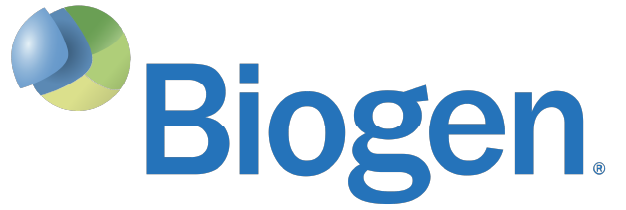
This Colloquium is hosted by Biogen

Biogen is a founding donor of n-Lorem and a leading global biotechnology company that has pioneered multiple breakthrough innovations. Biogen is advancing a pipeline of potential novel therapies across neurology, specialized immunology and rare diseases and remains acutely focused on its purpose of serving humanity through science while advancing a healthier, more sustainable and equitable world.
www.biogen.com
Boston Marriott Cambridge
50 Broadway
Cambridge, MA 02142
Travel
Are you traveling to this year’s event?
Thank you!
To our generous supporters for this event

Coming Together for the Nano-rare
CROs and Their Role for Nano-rare
No Patient Left Behind – n-Lorem Foundation
Sponsor
Do you or your organization want to sponsor the 2024 Nano-rare Patient Colloquium? Email [email protected]

We cannot do
this alone
Together we are changing the world—
one patient at a time
We hope that you join us on this journey to discover, develop and provide individualized antisense medicines for free for life for nano-rare patients. The ultimate personalized medicine approach – for free, for life.

We need your support

